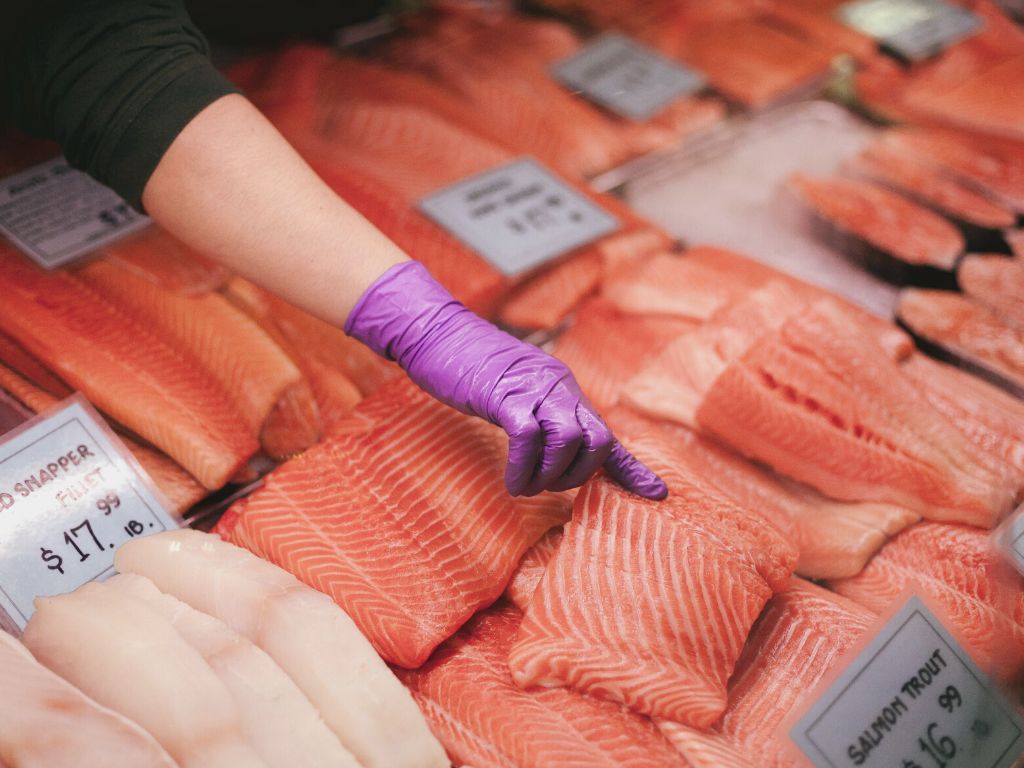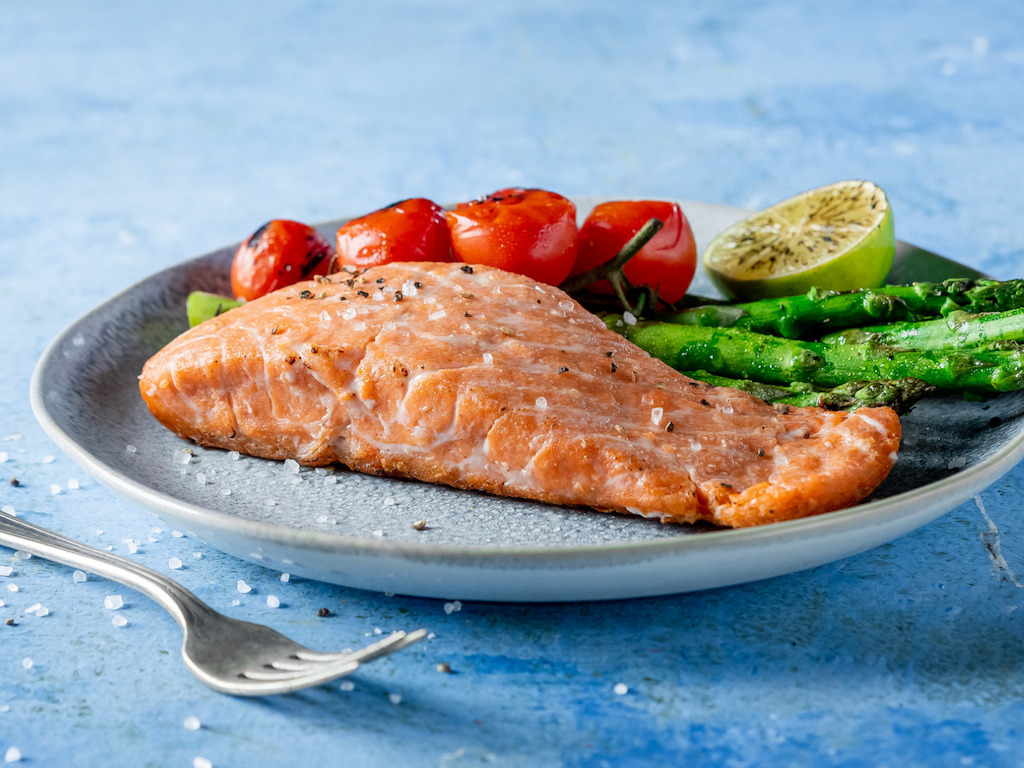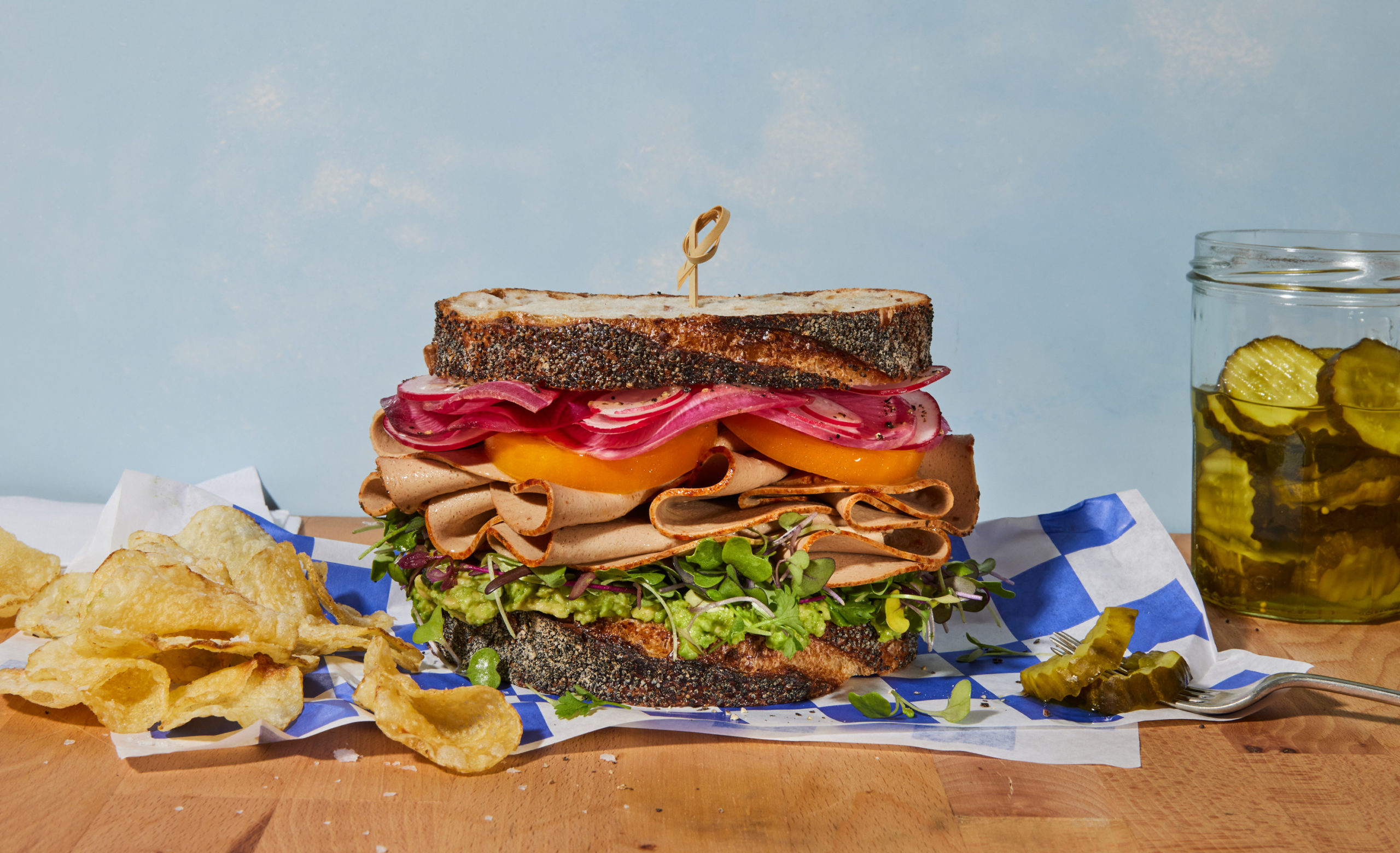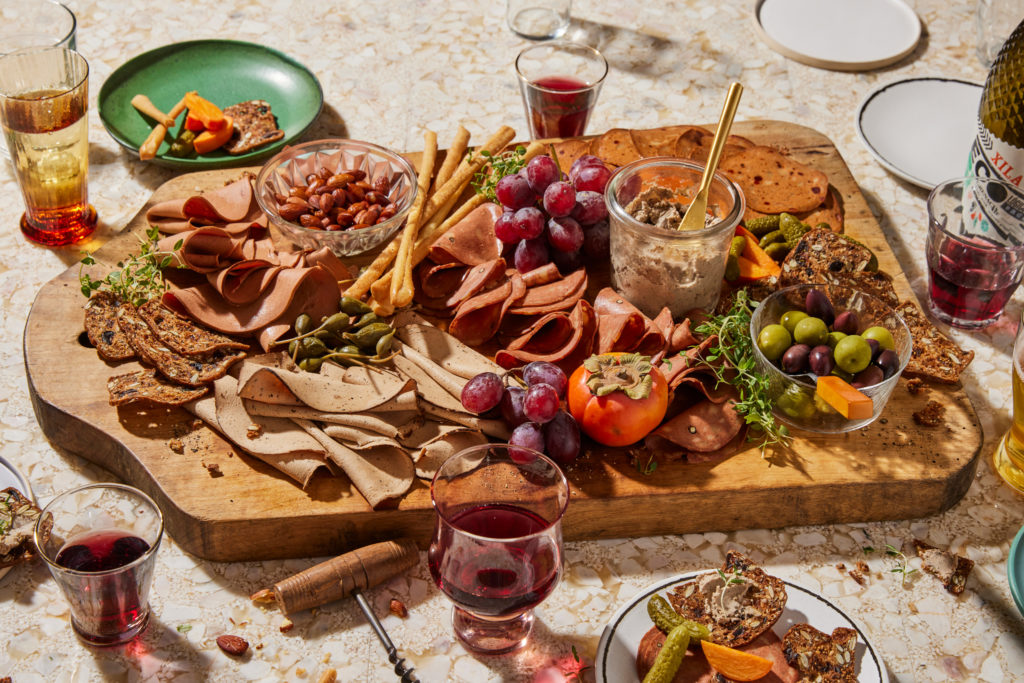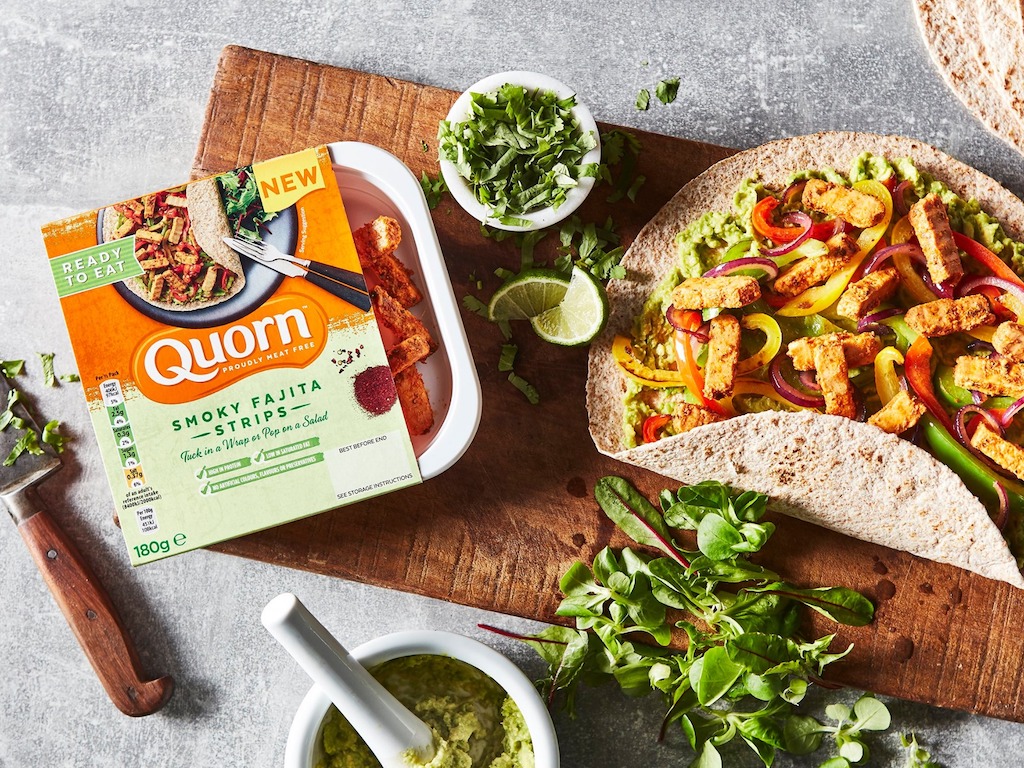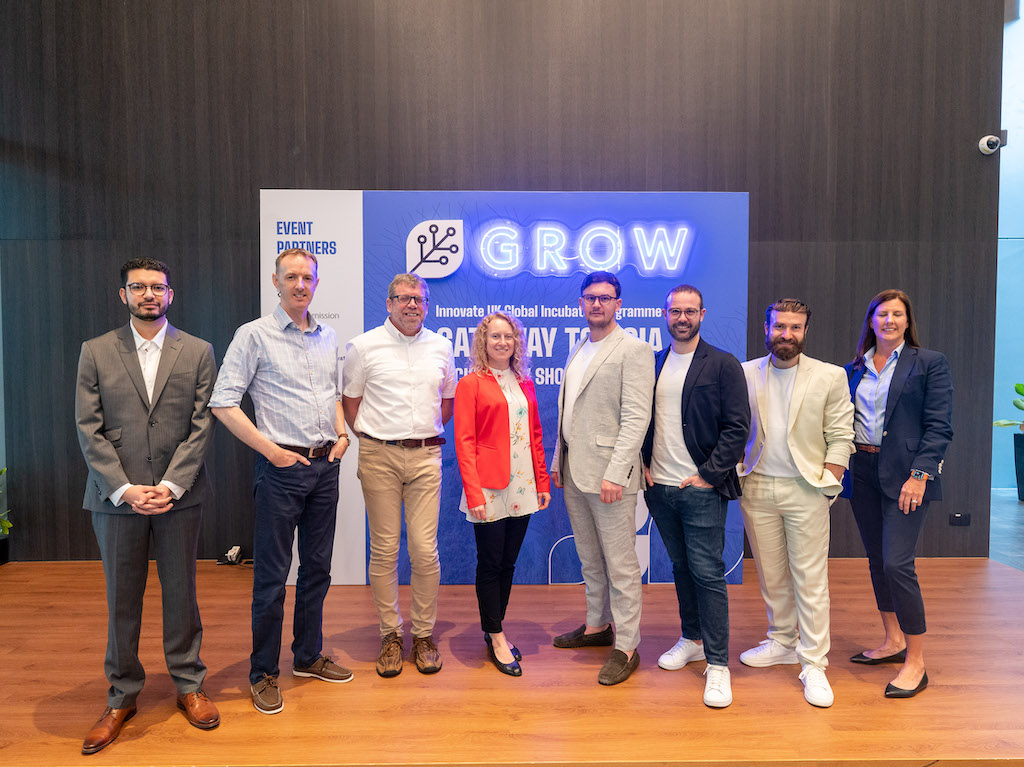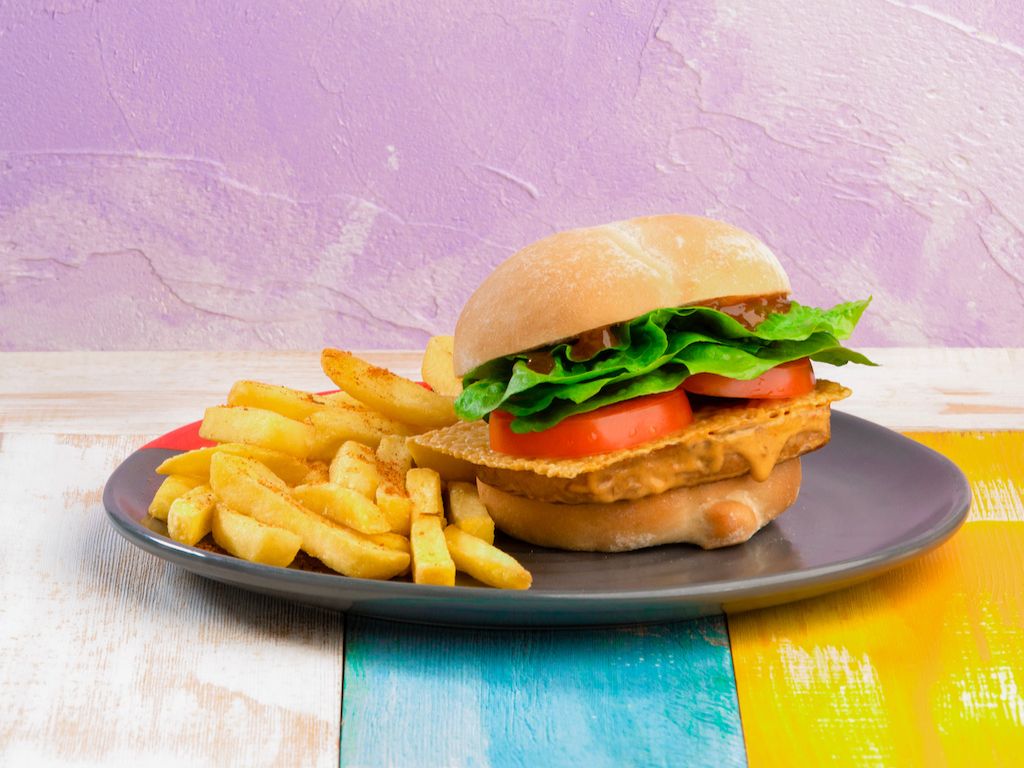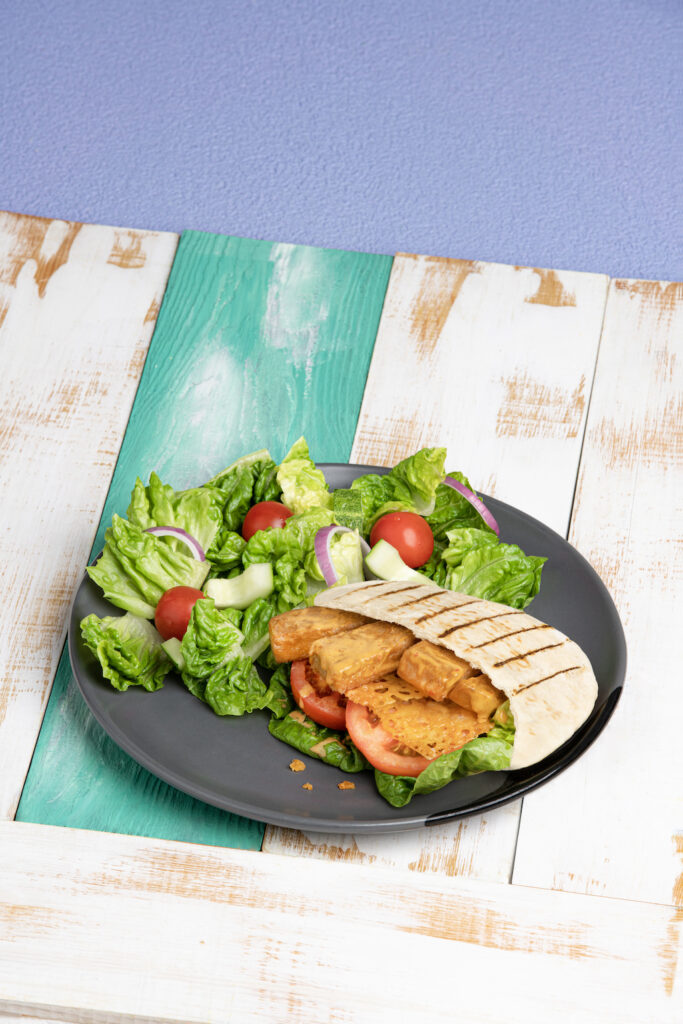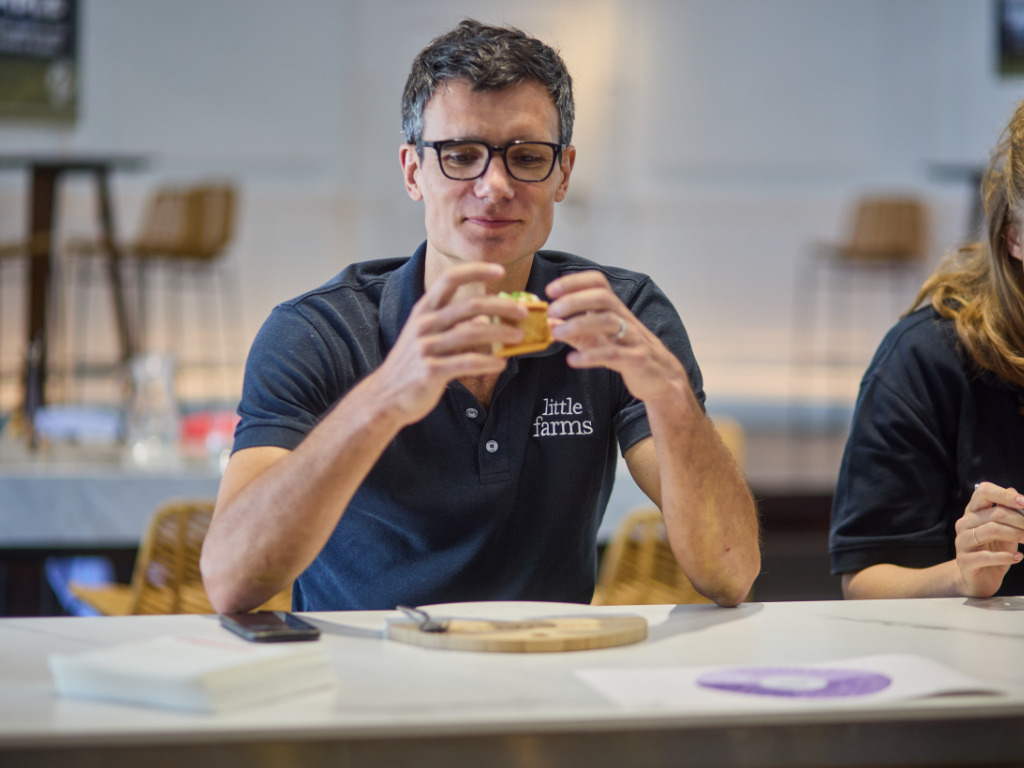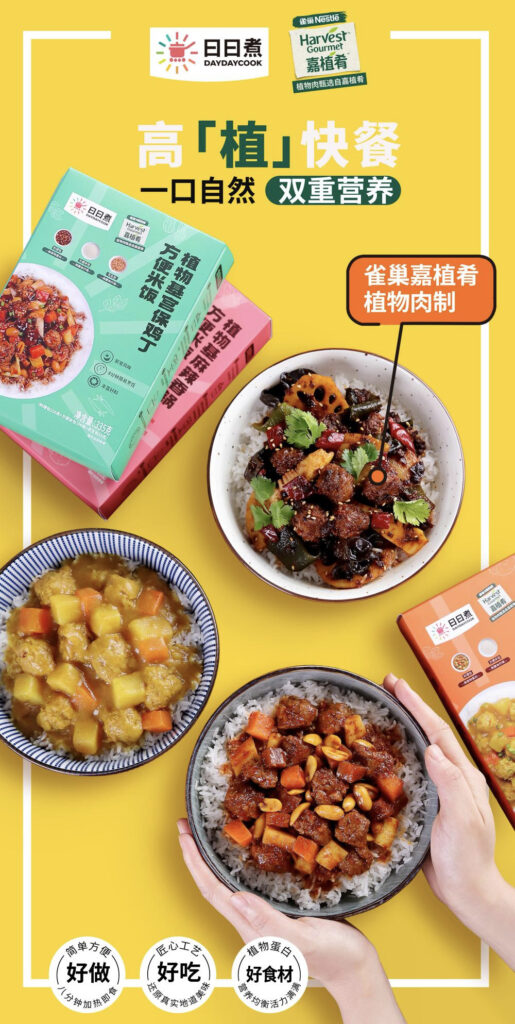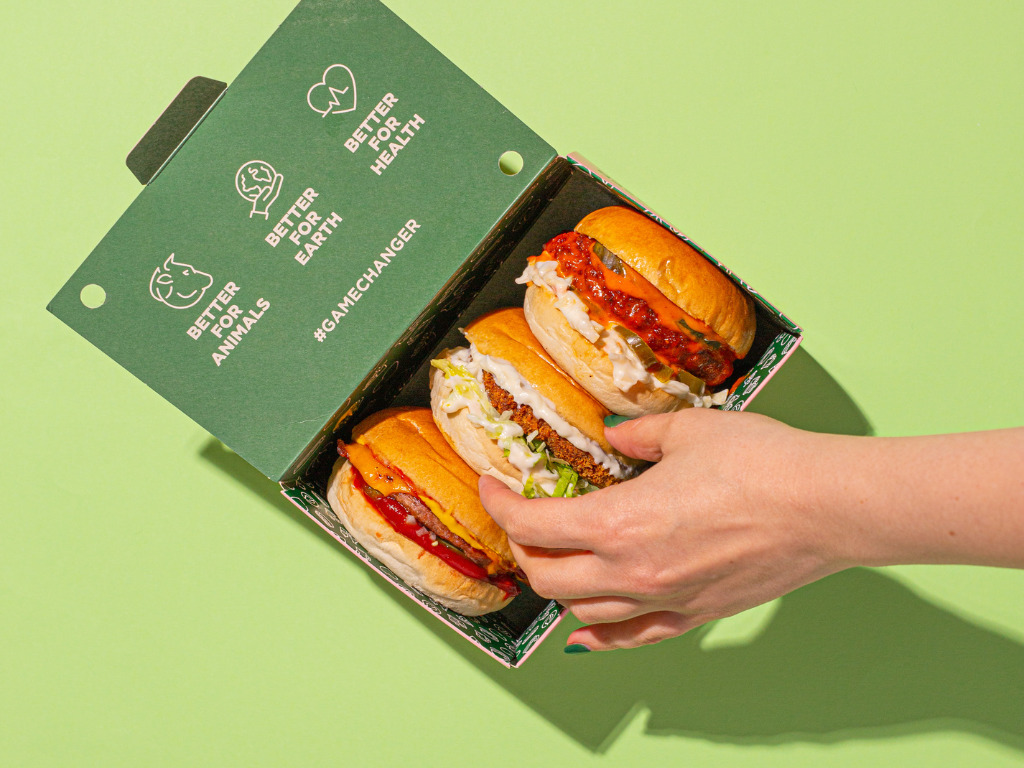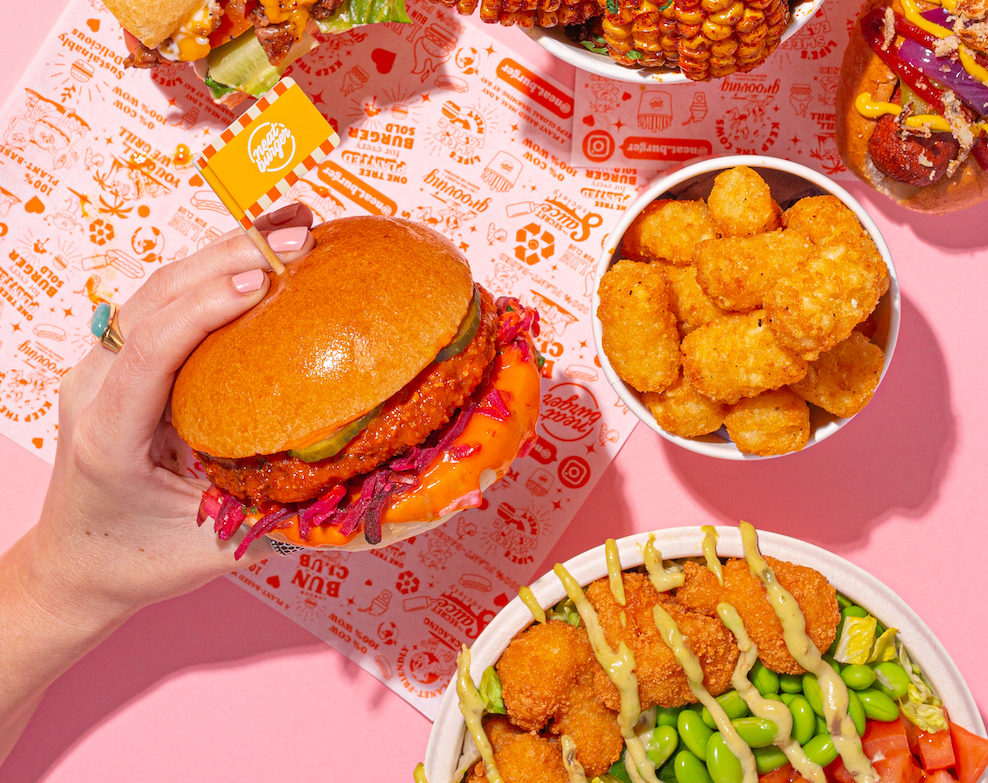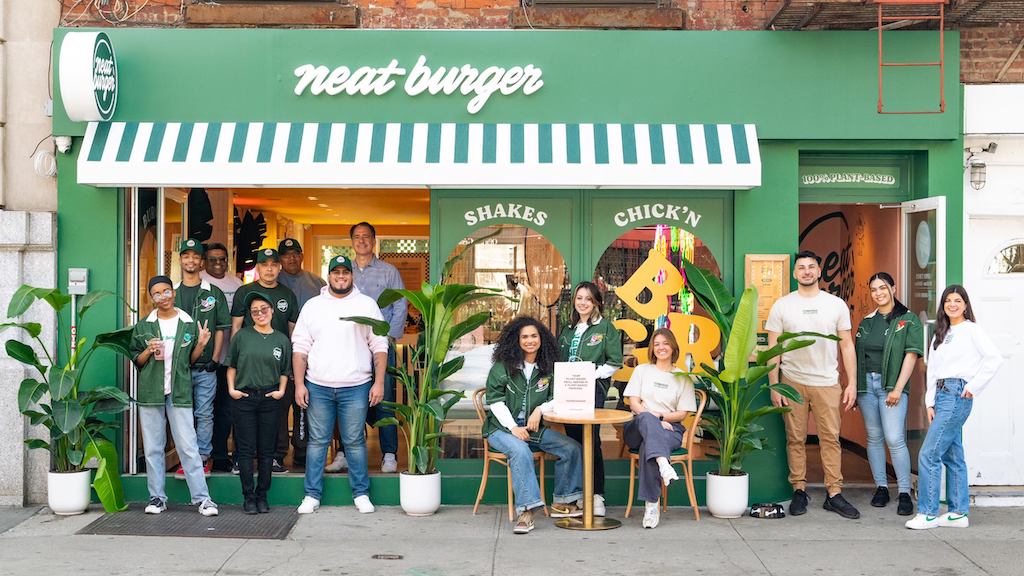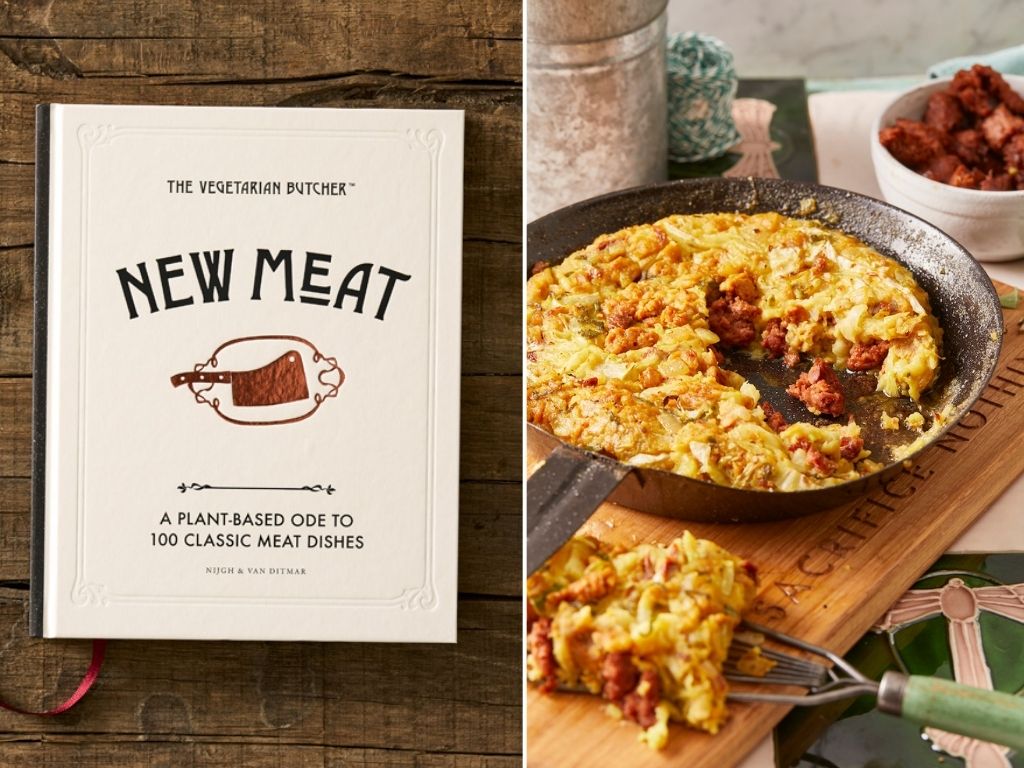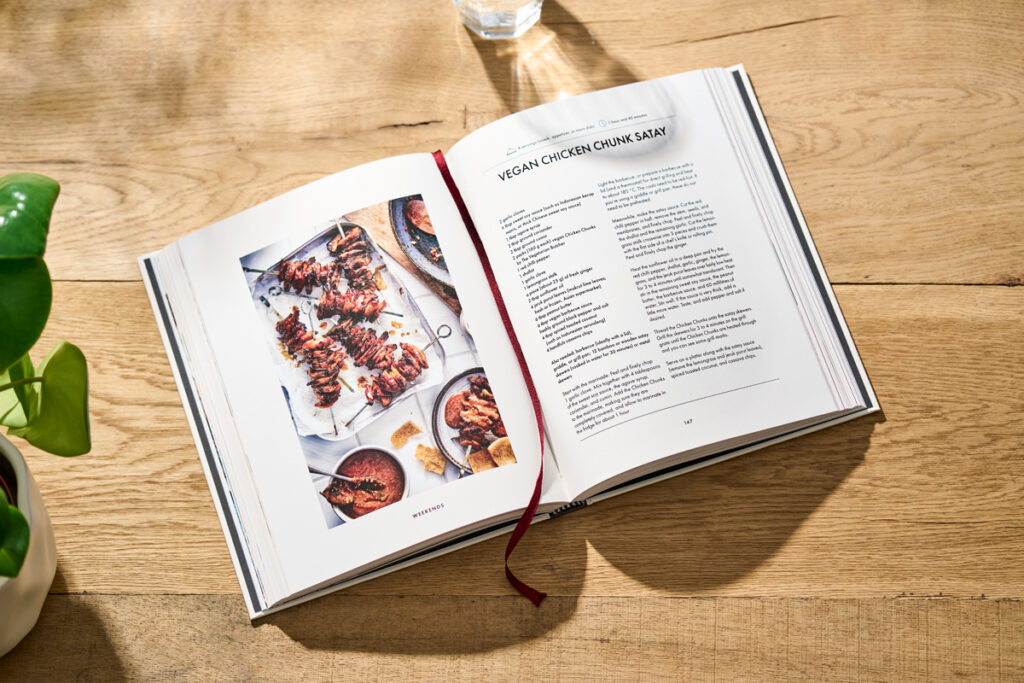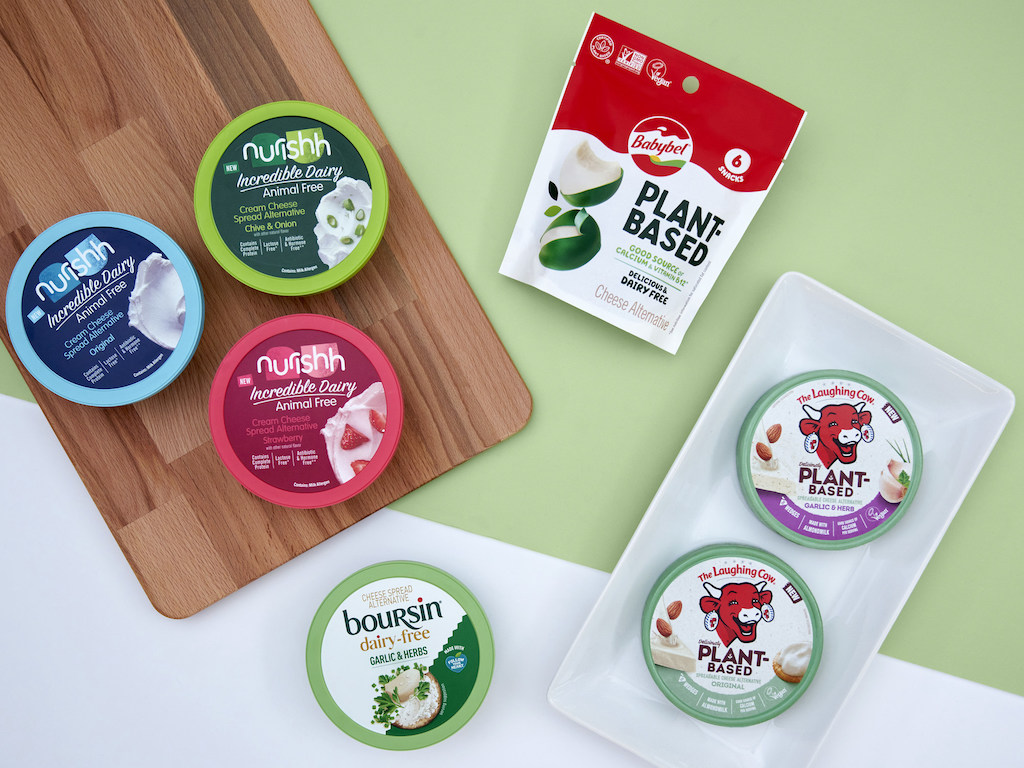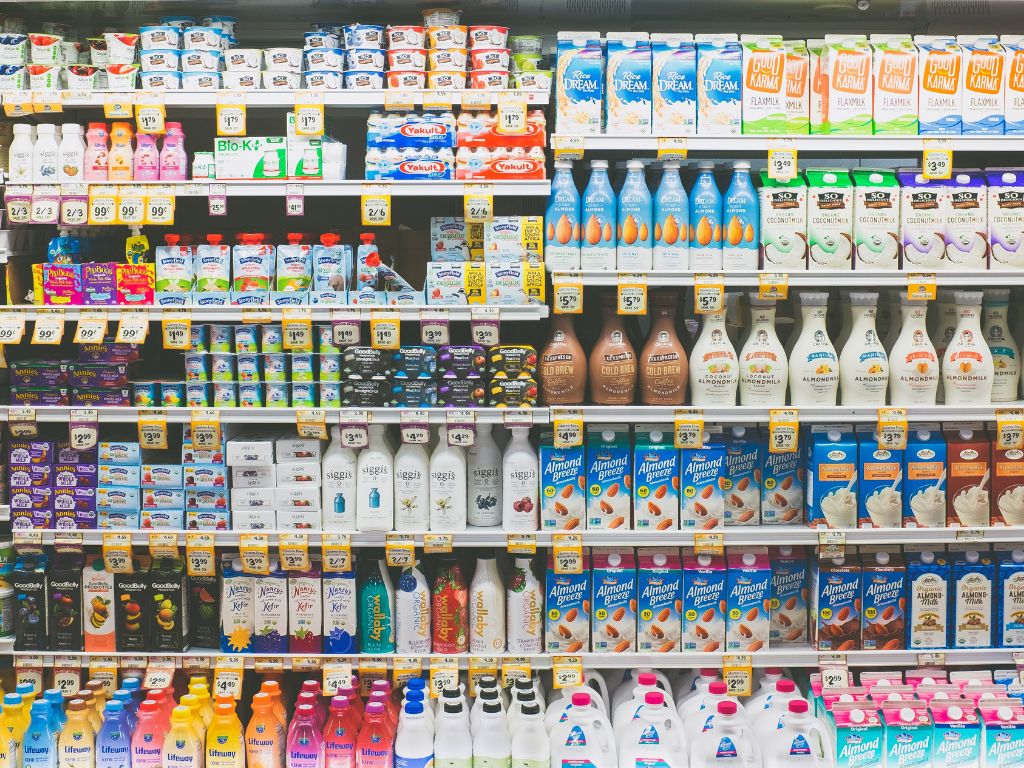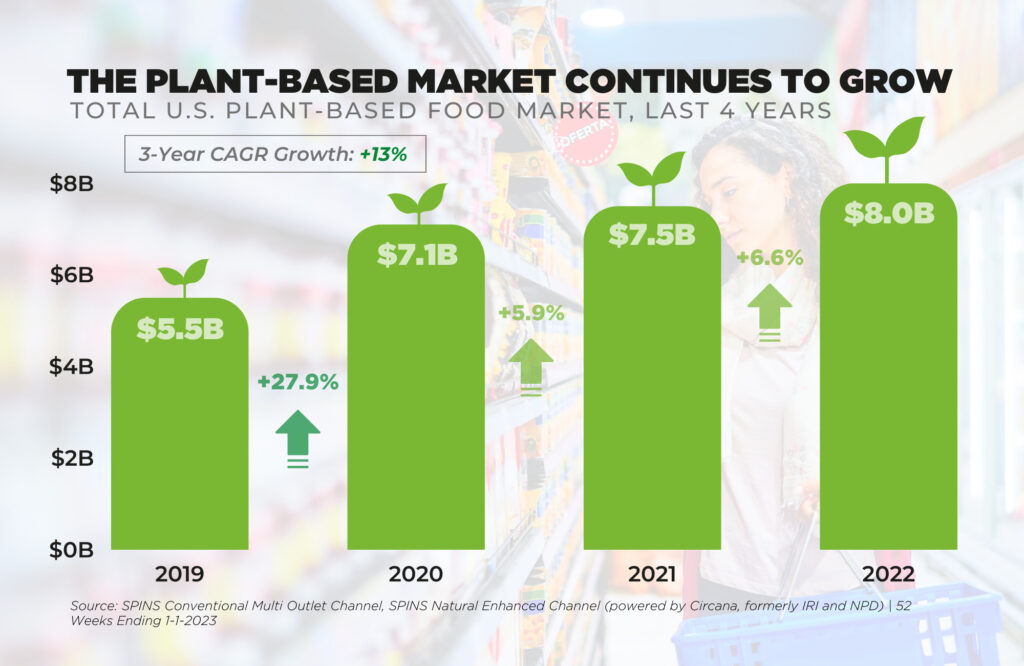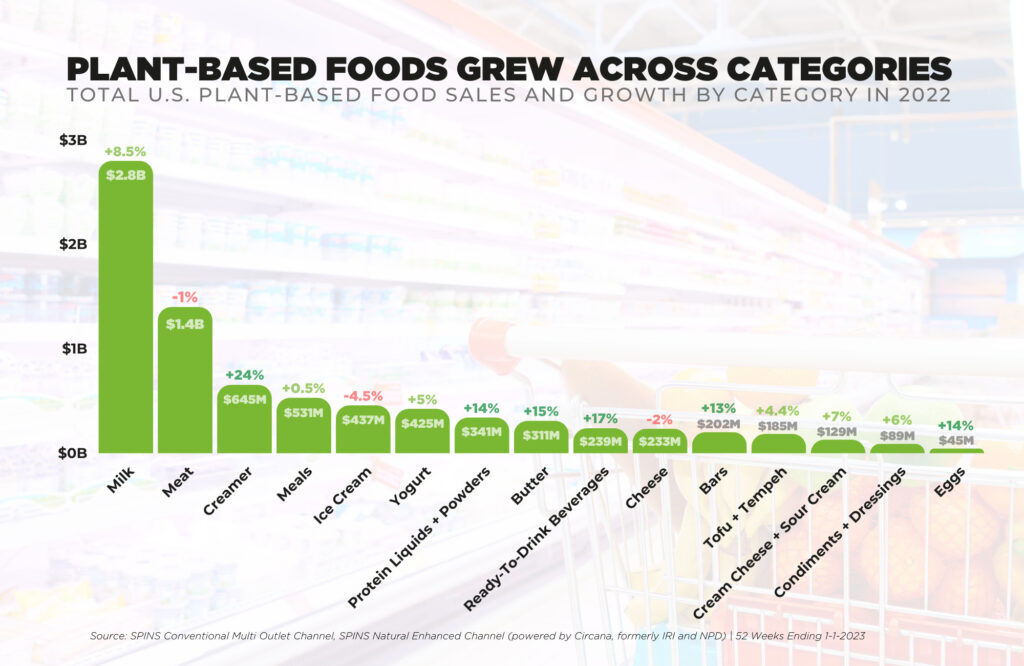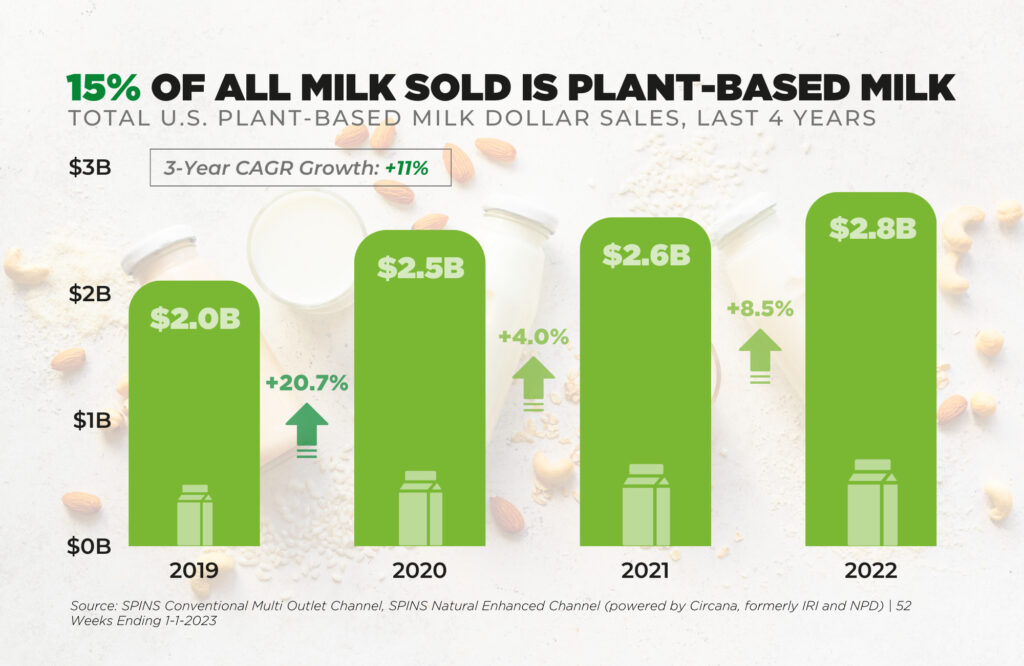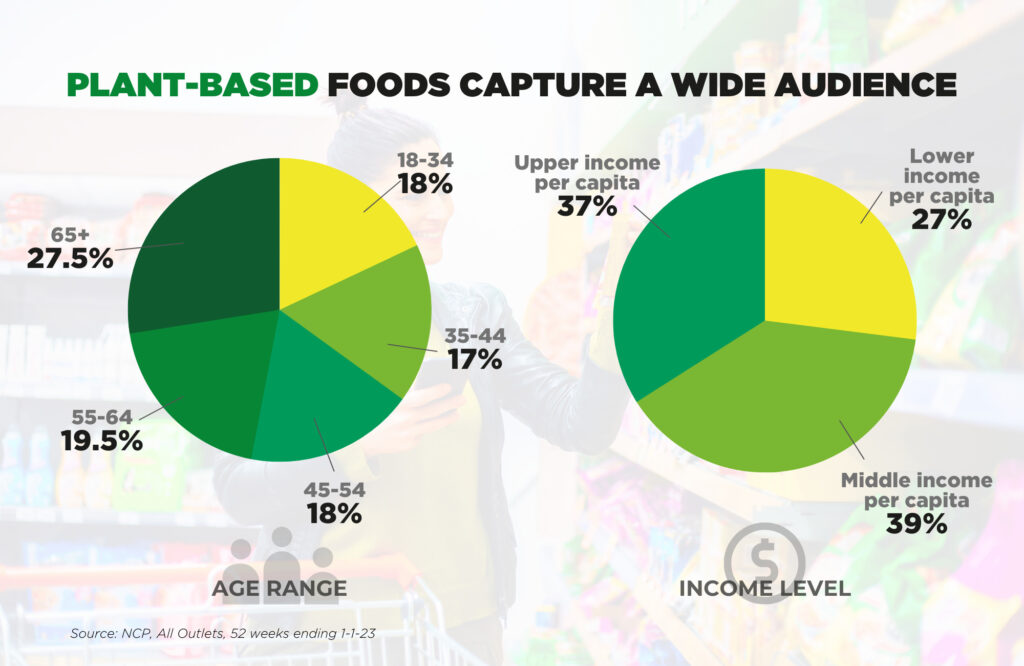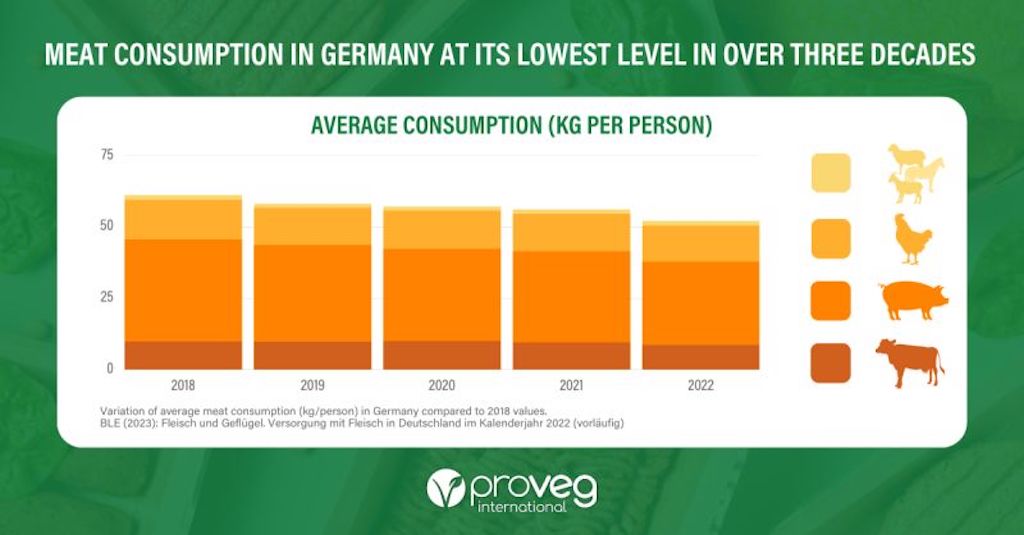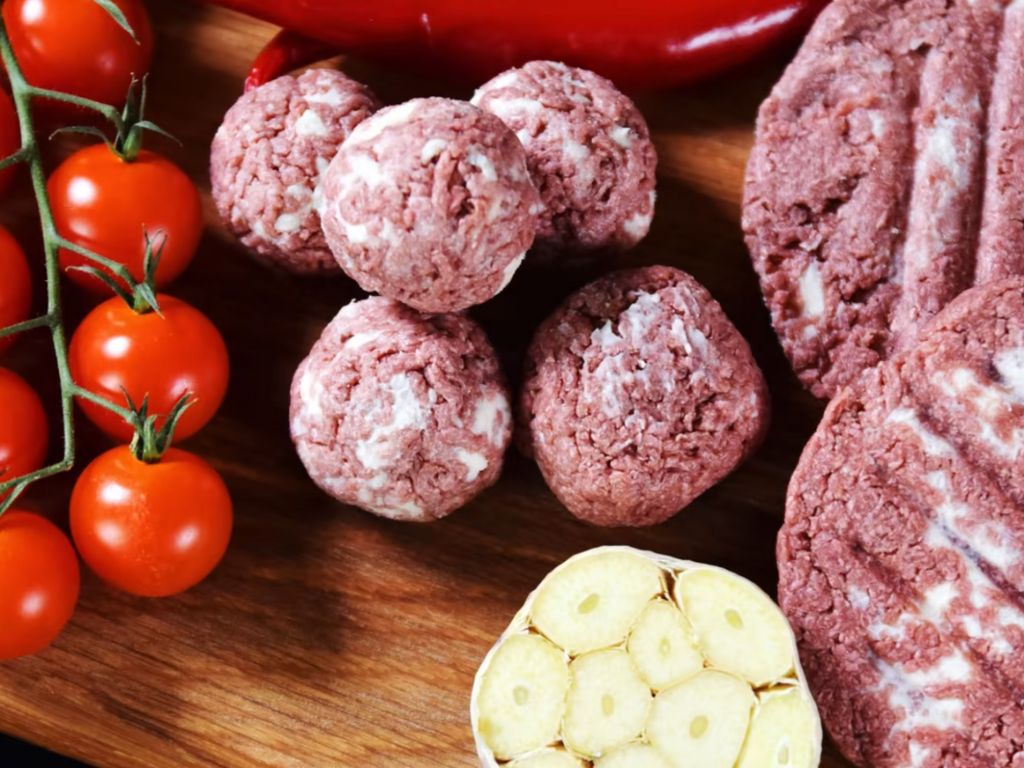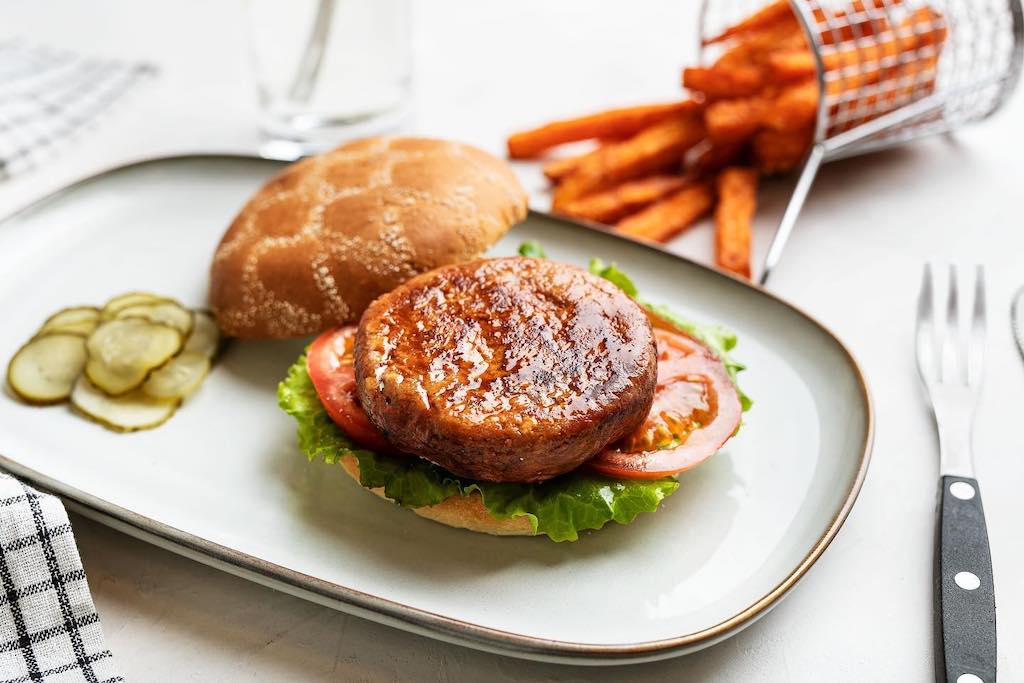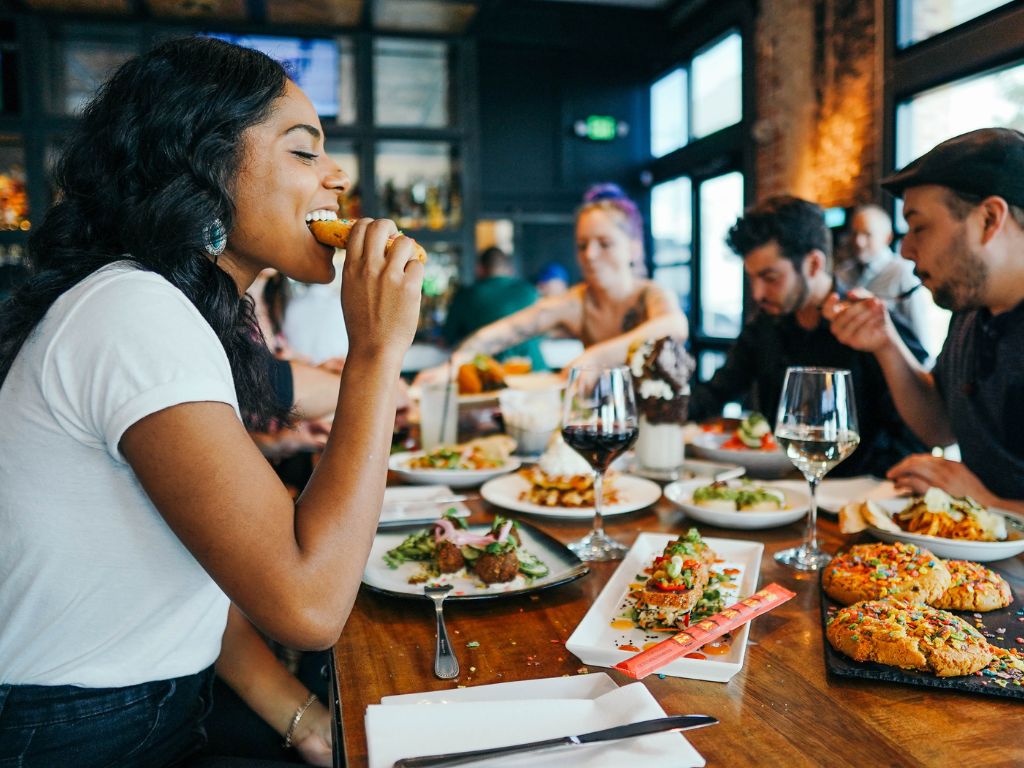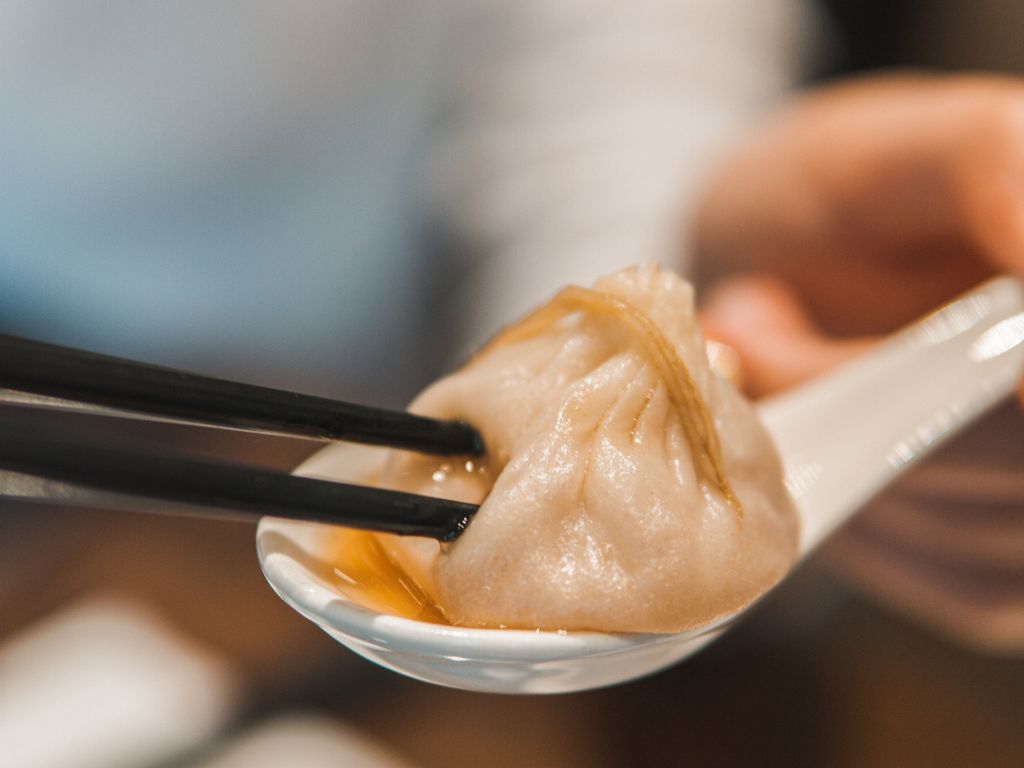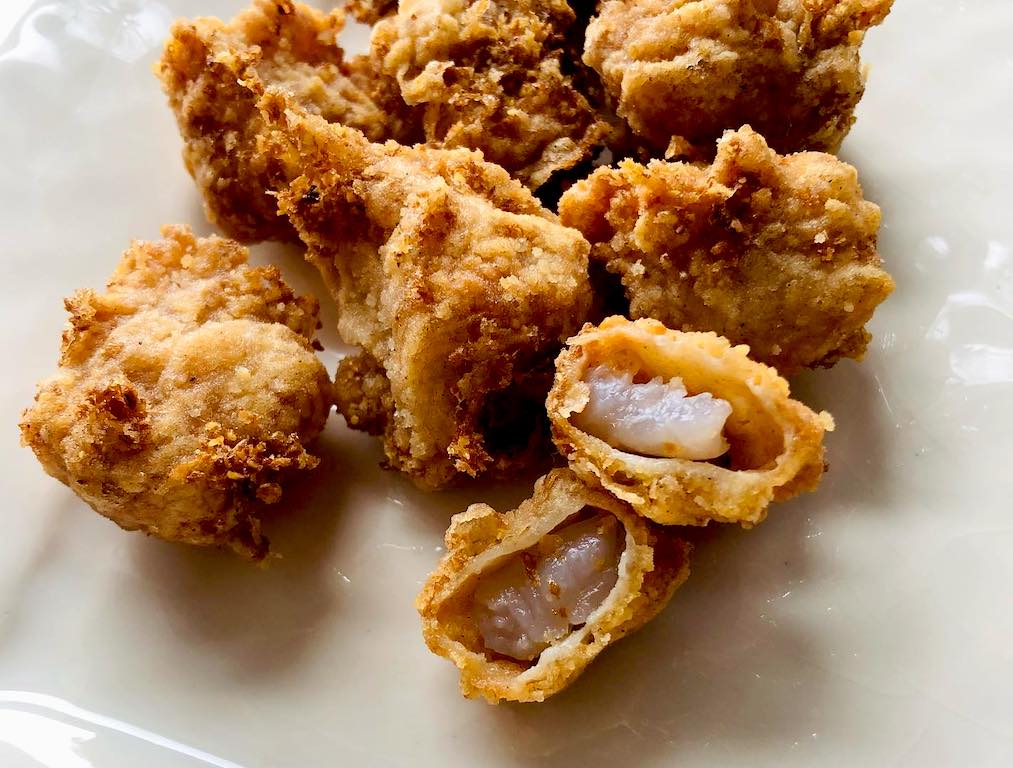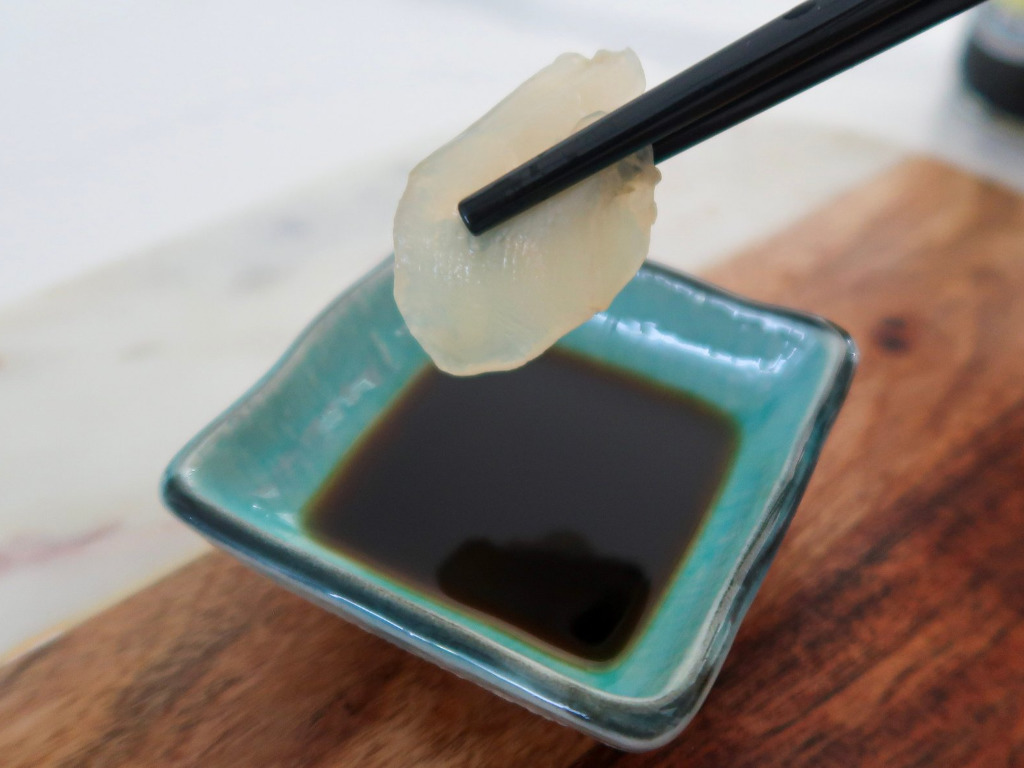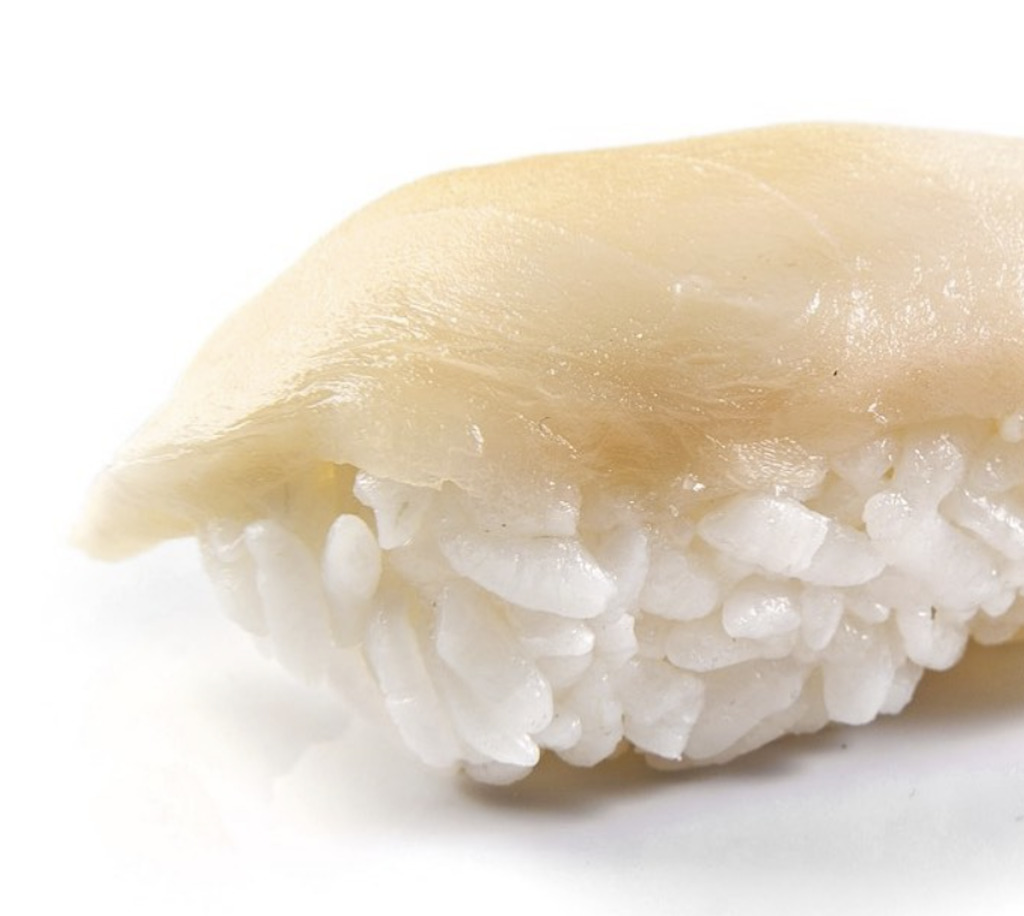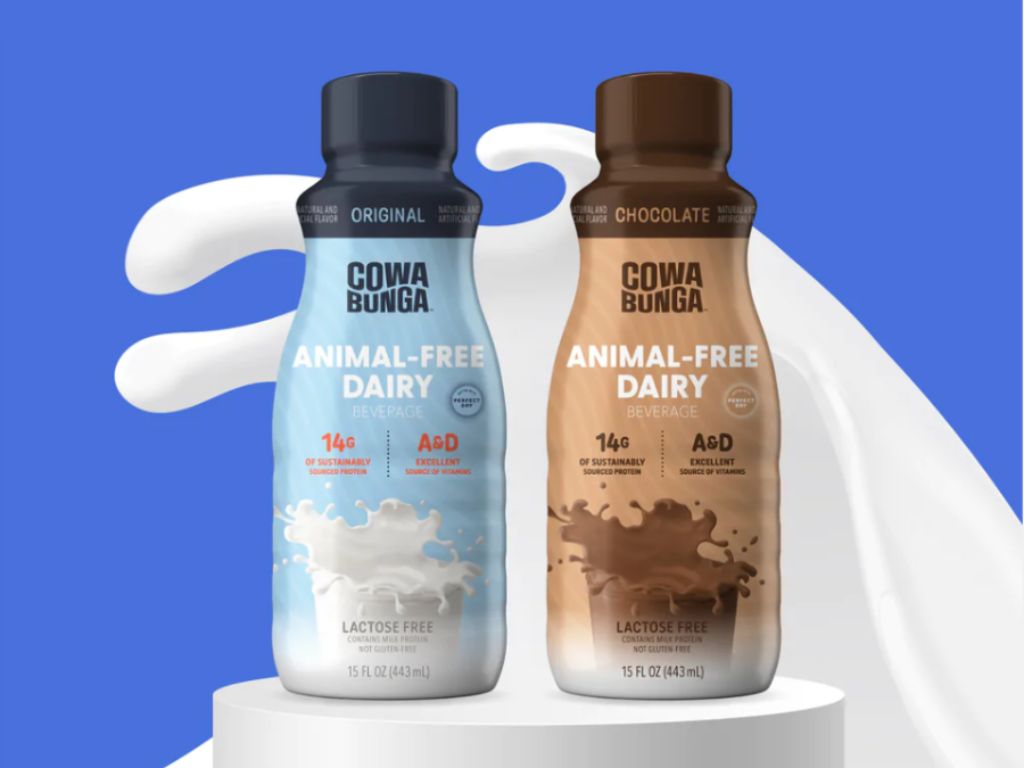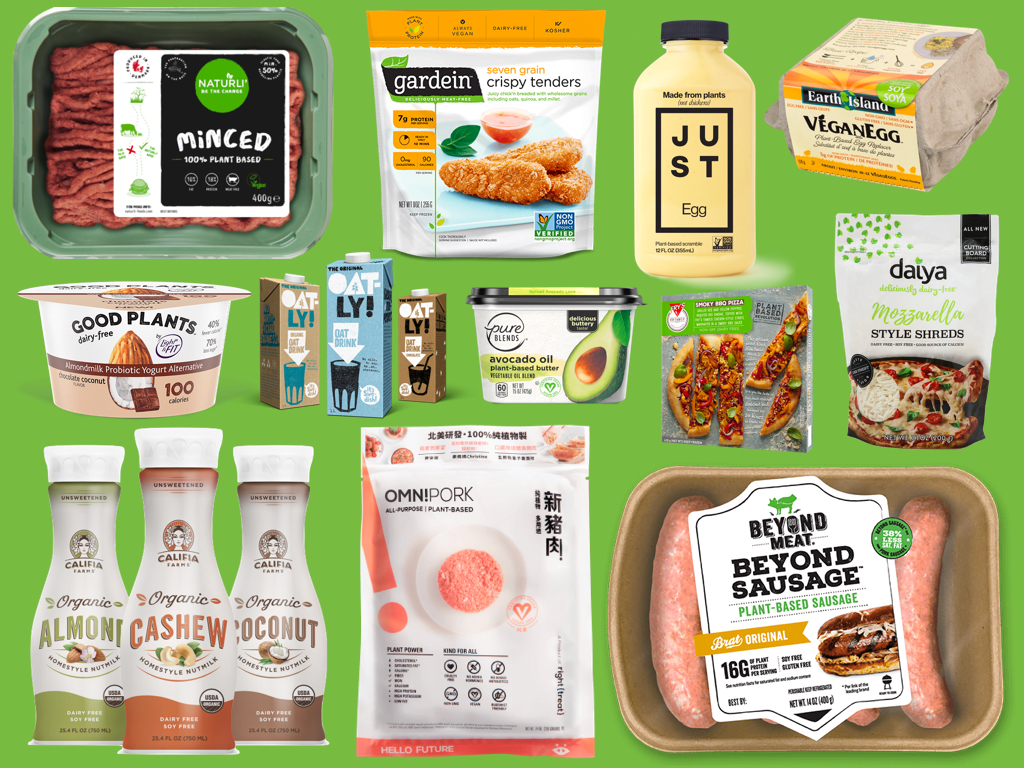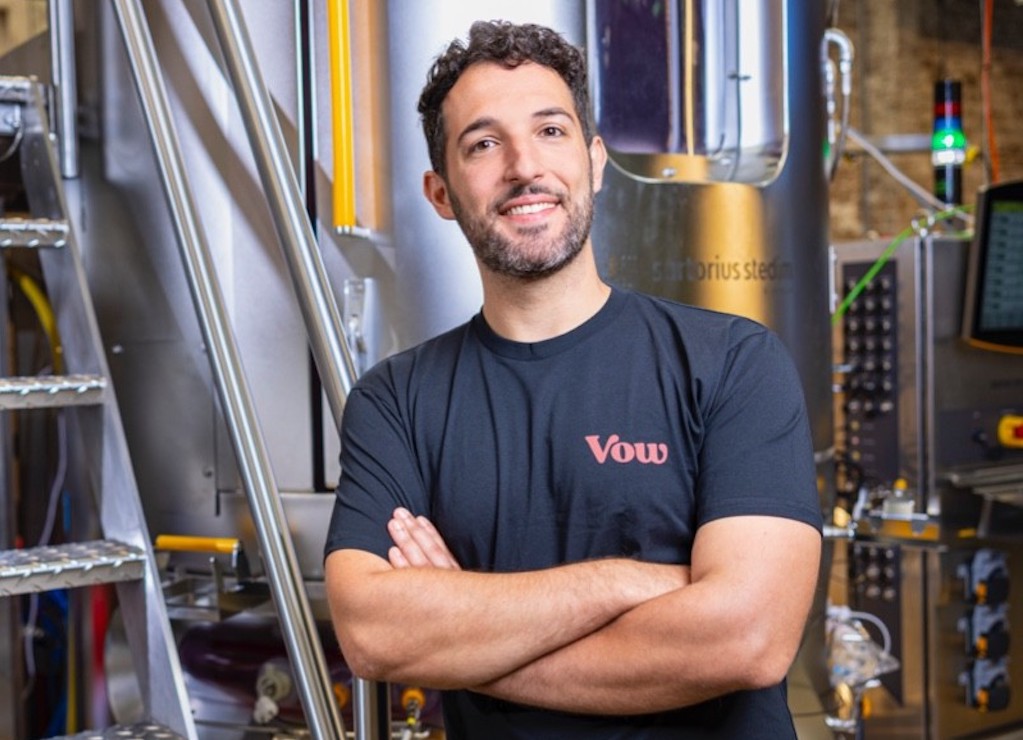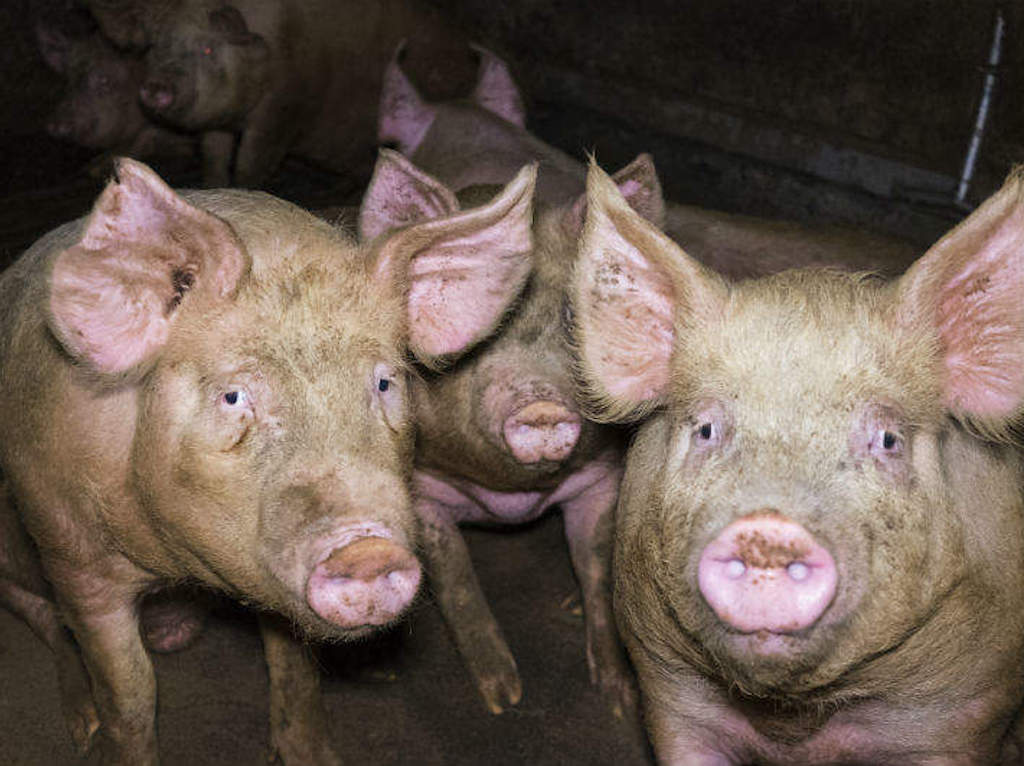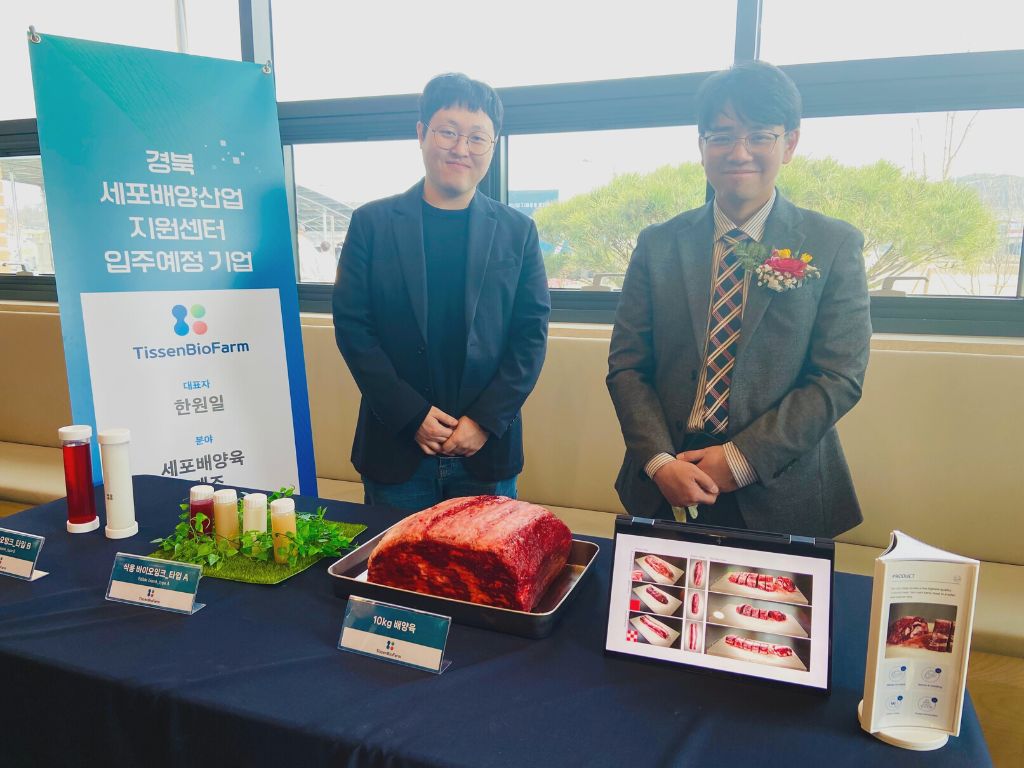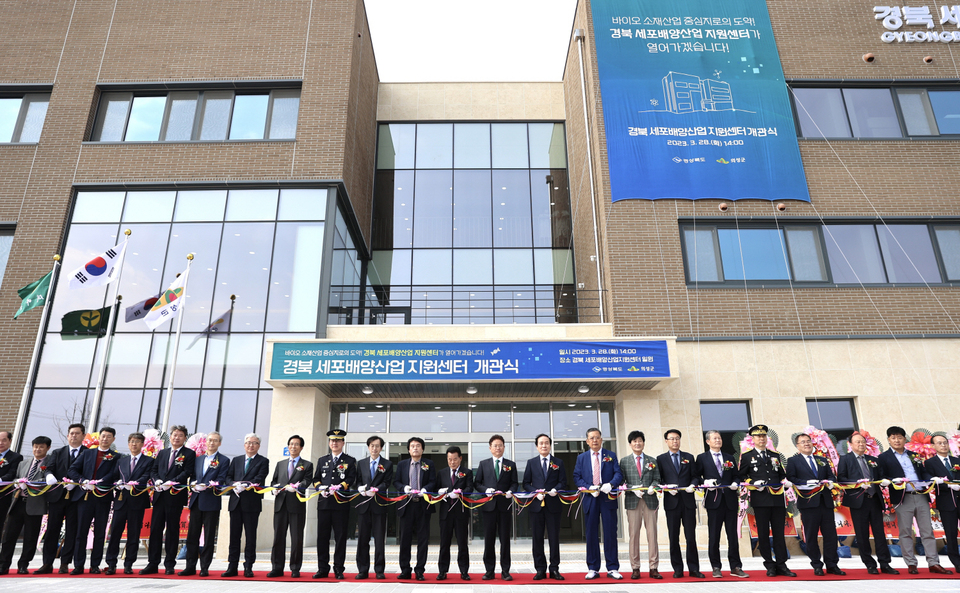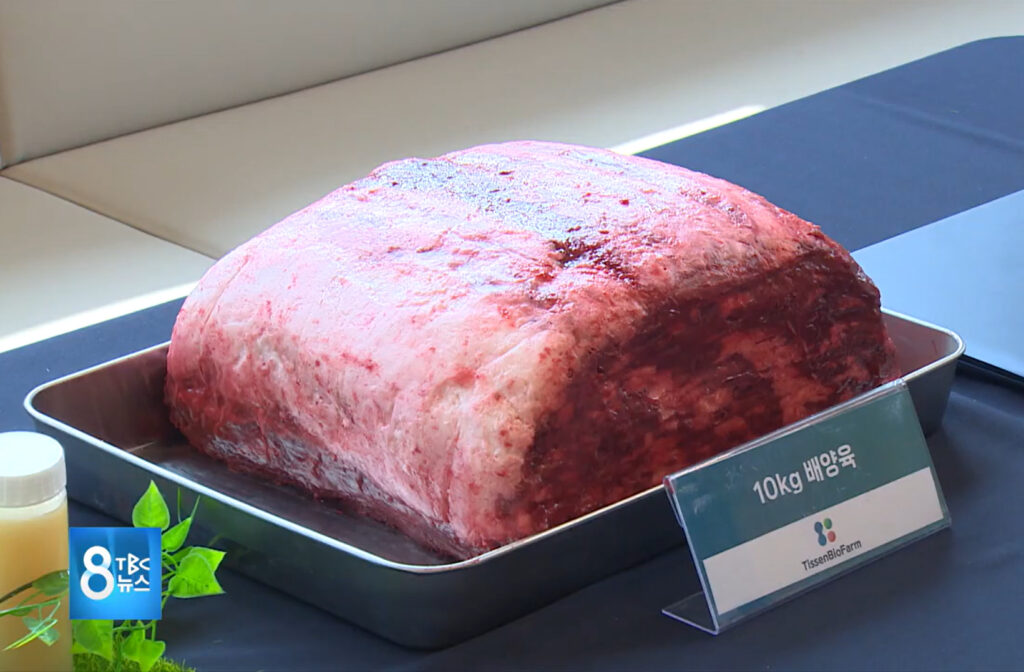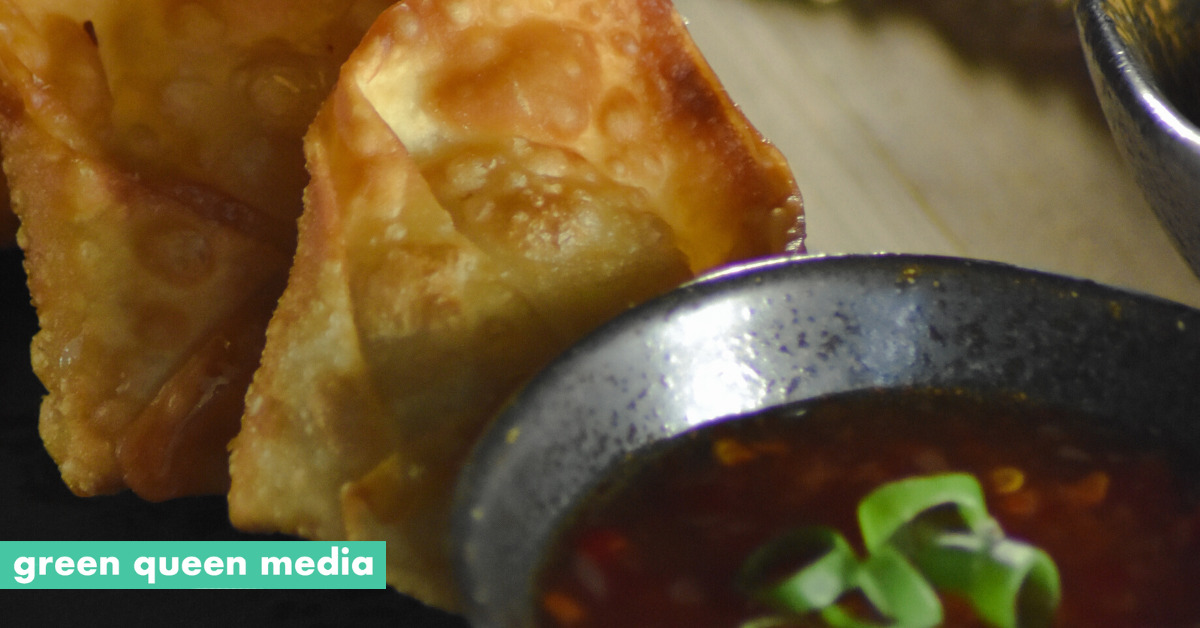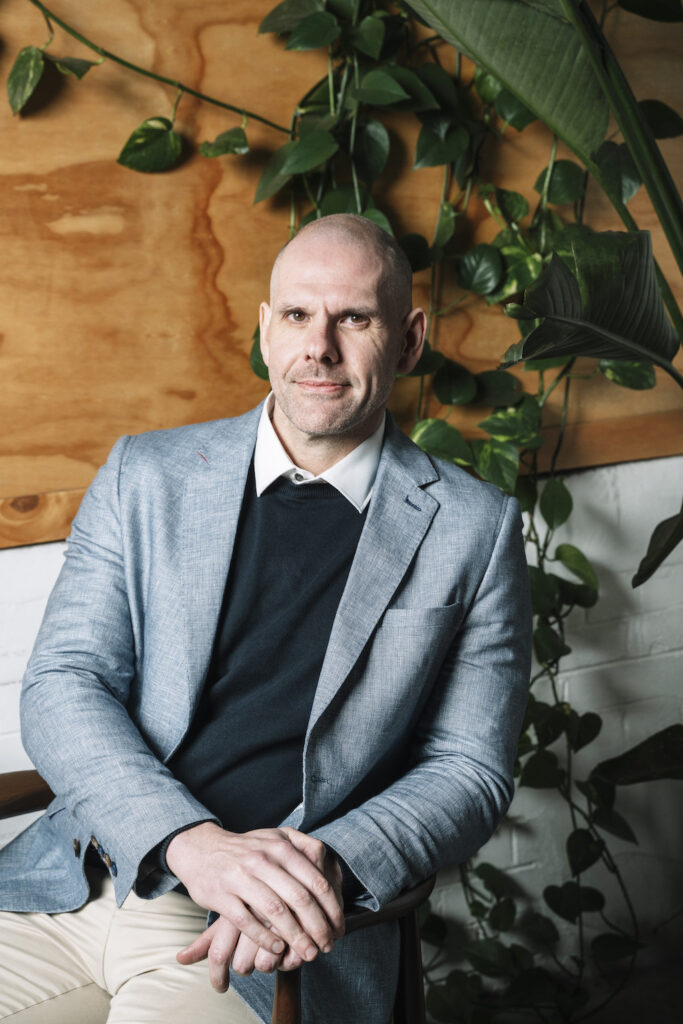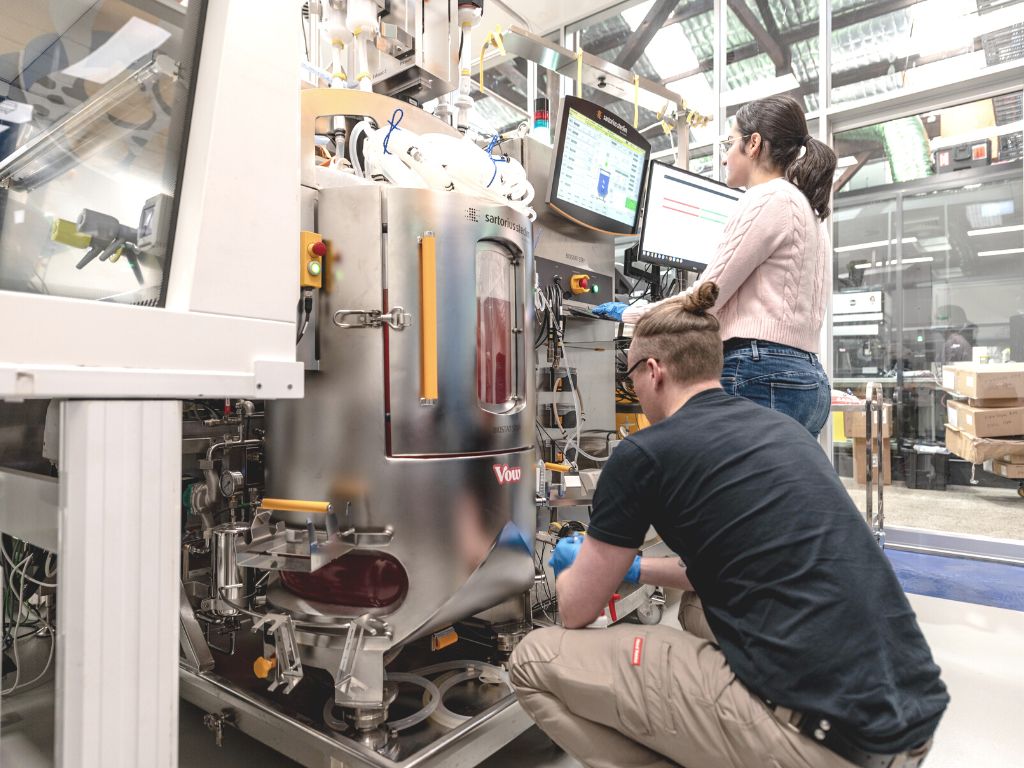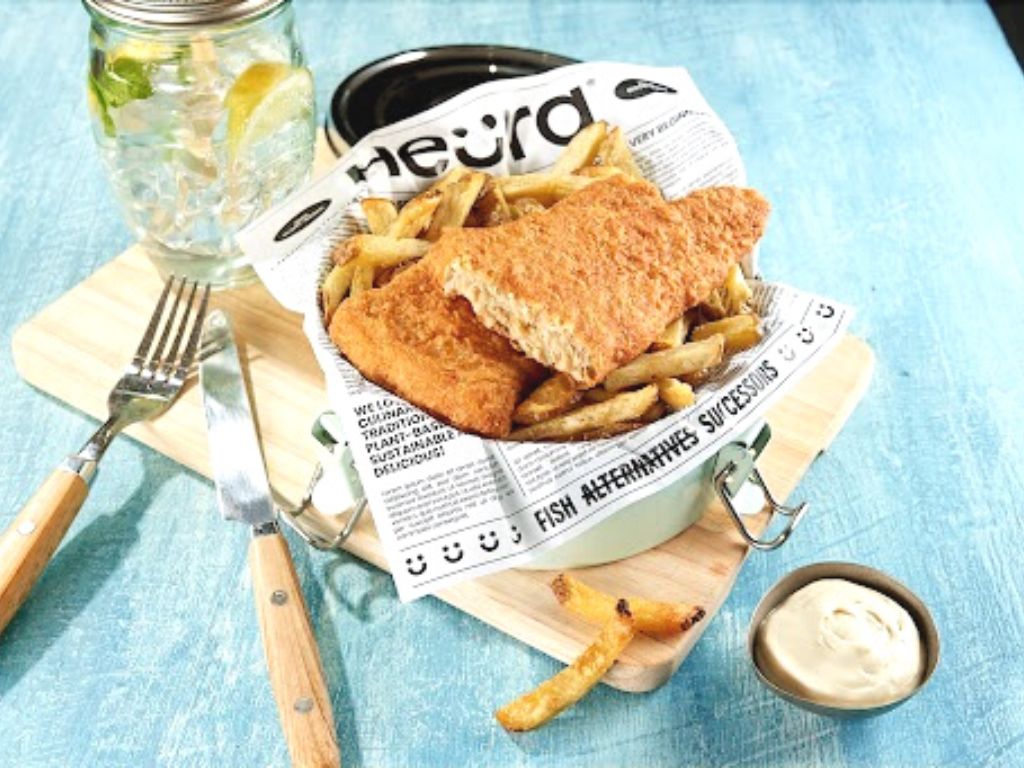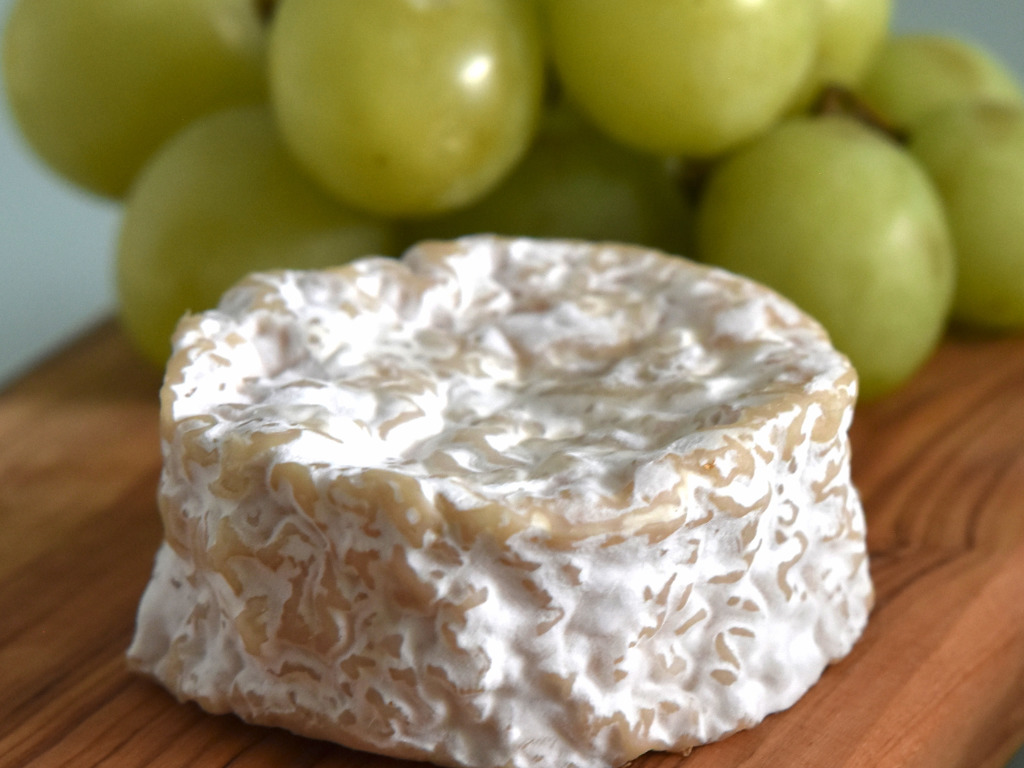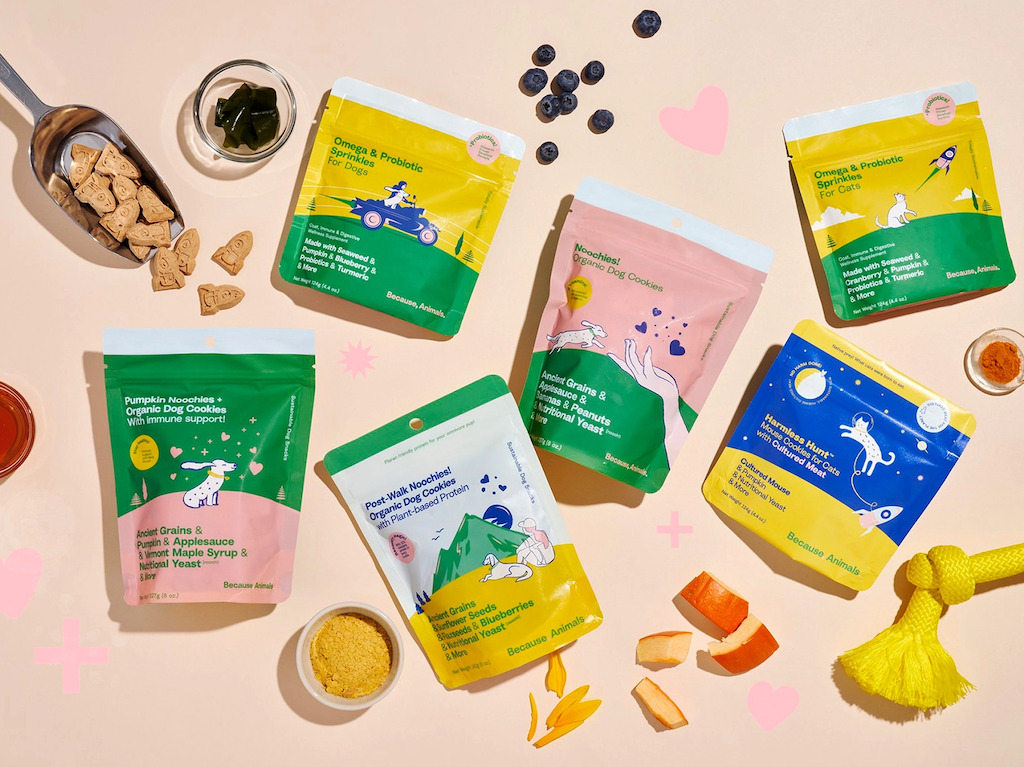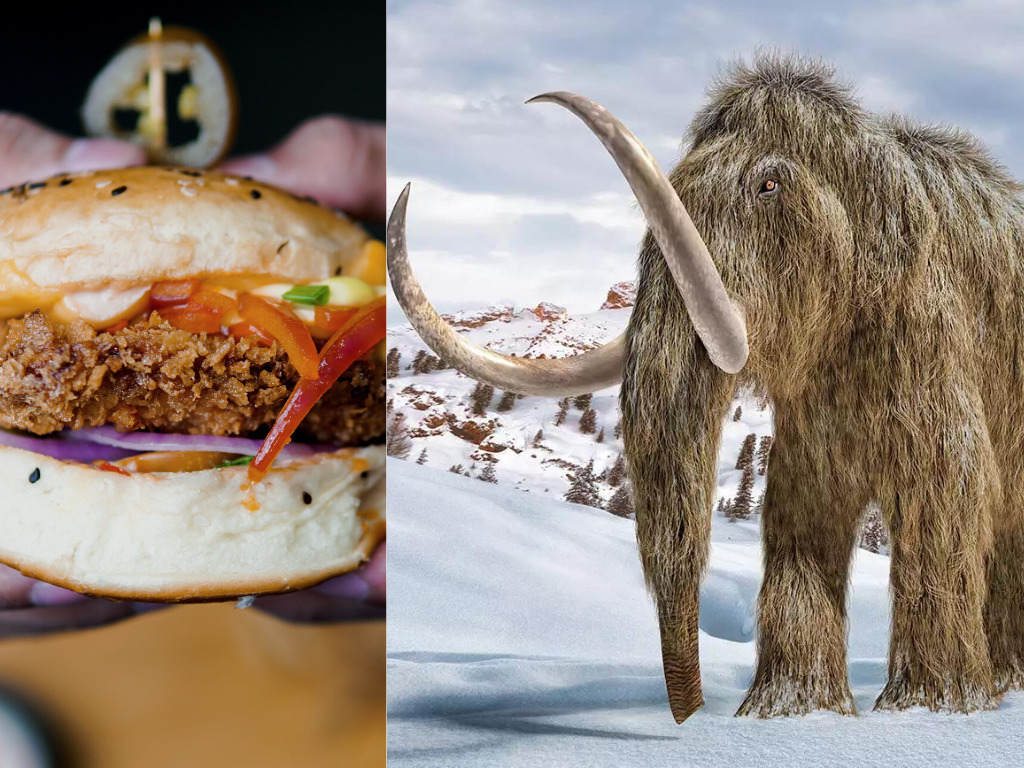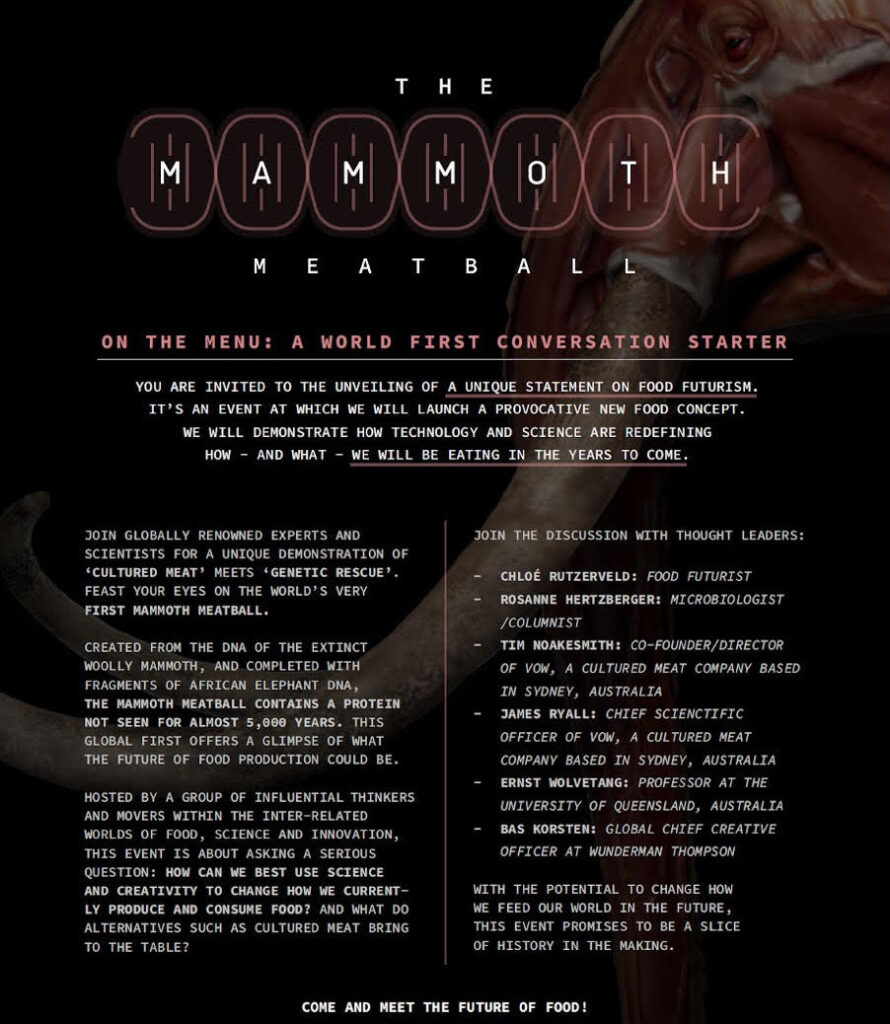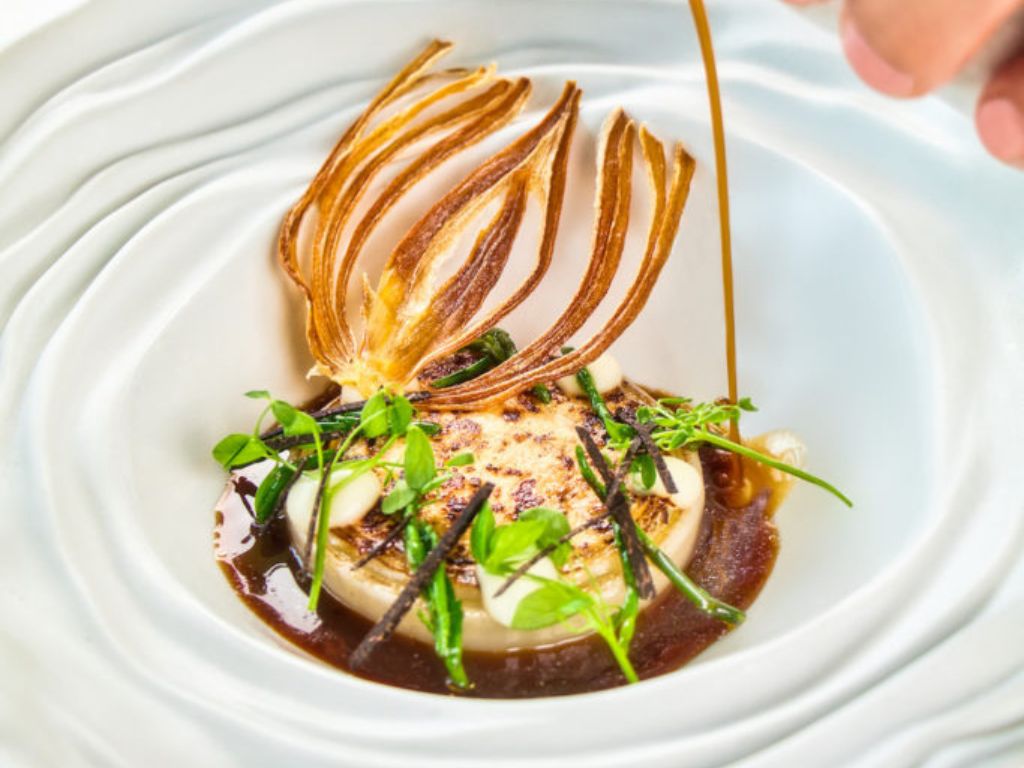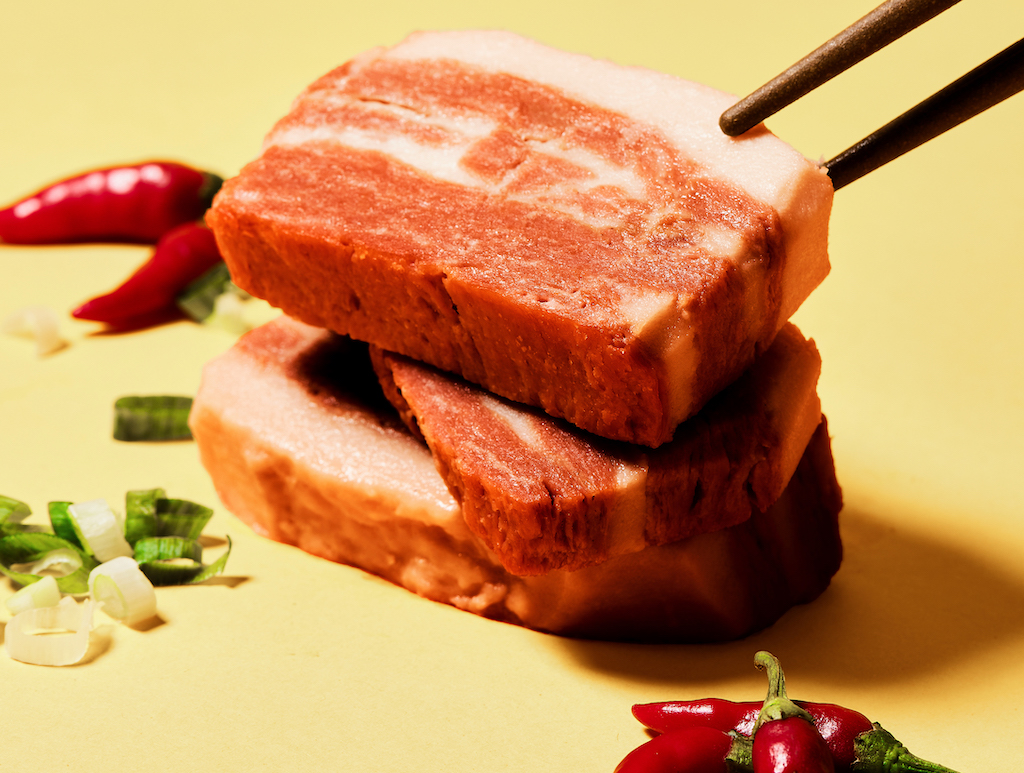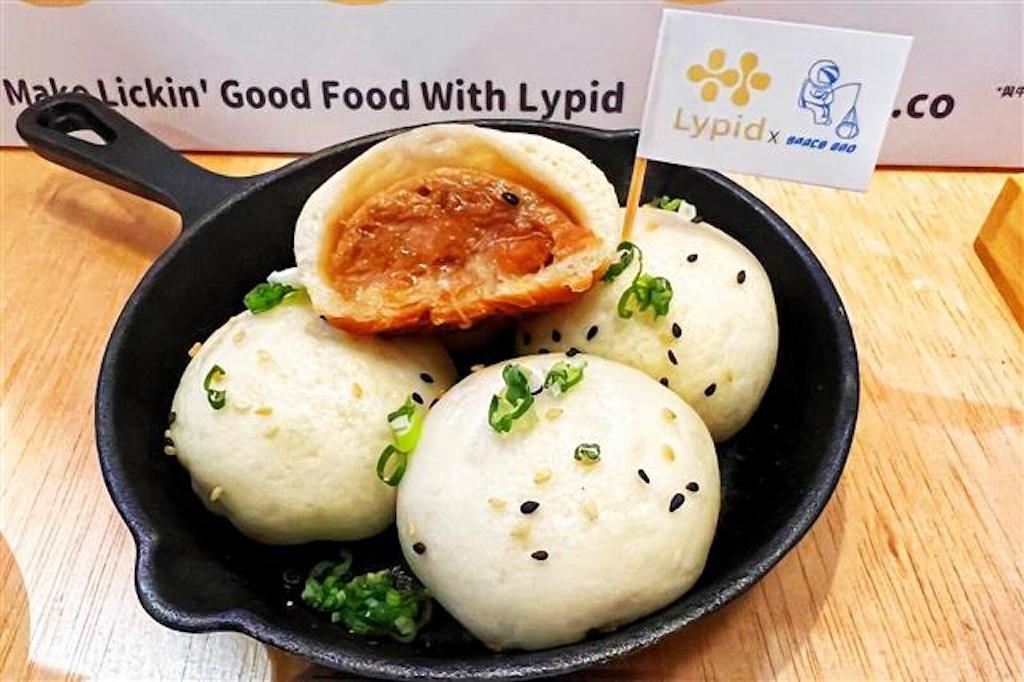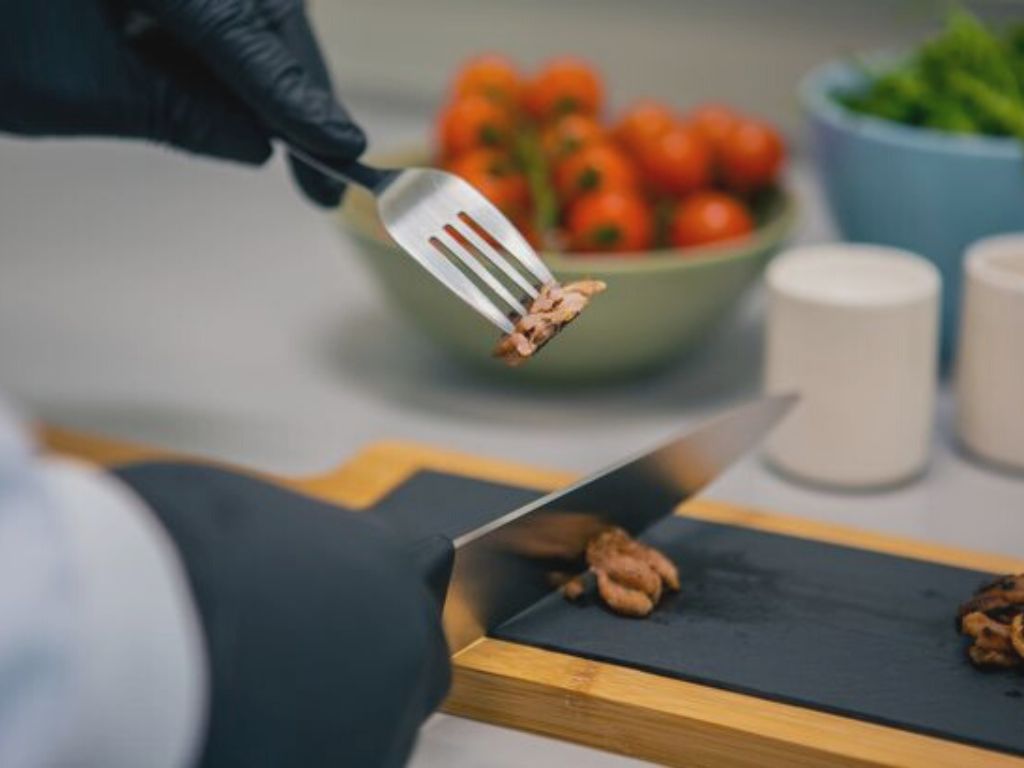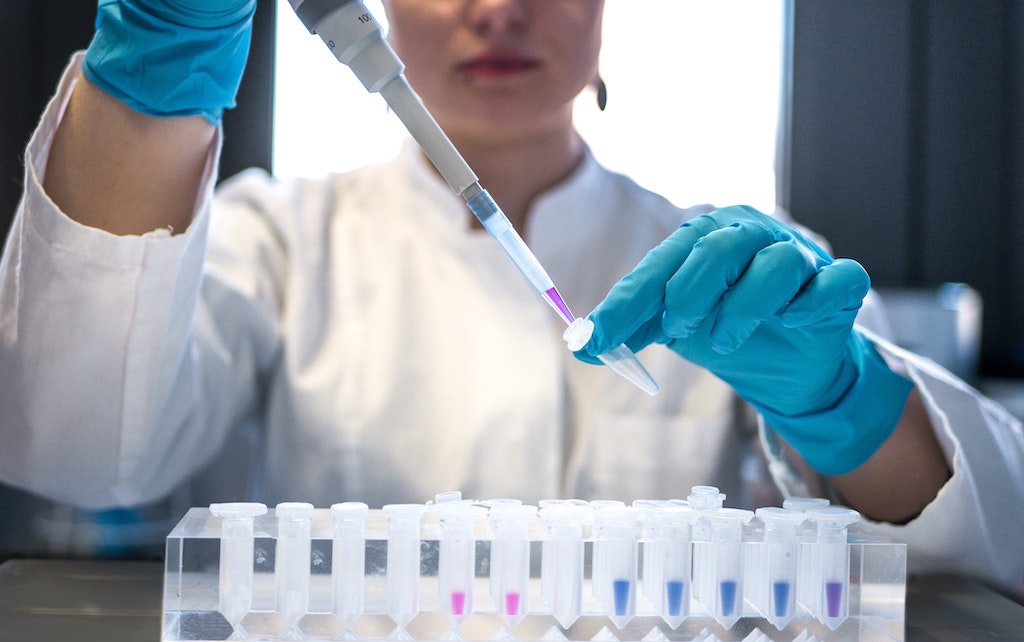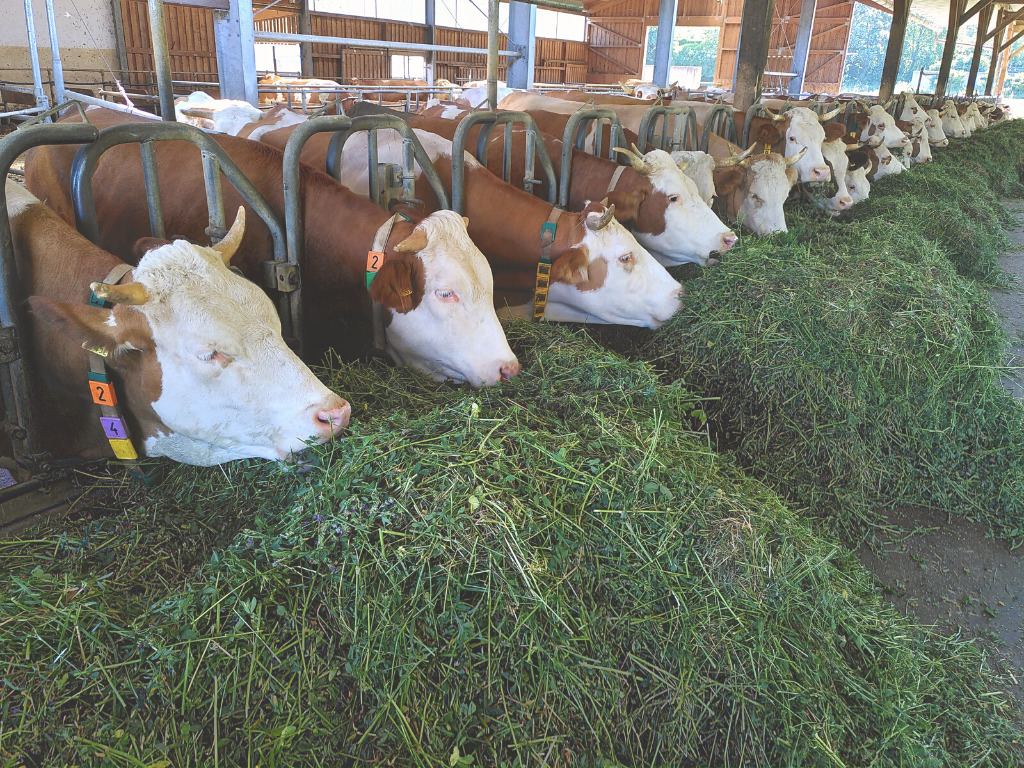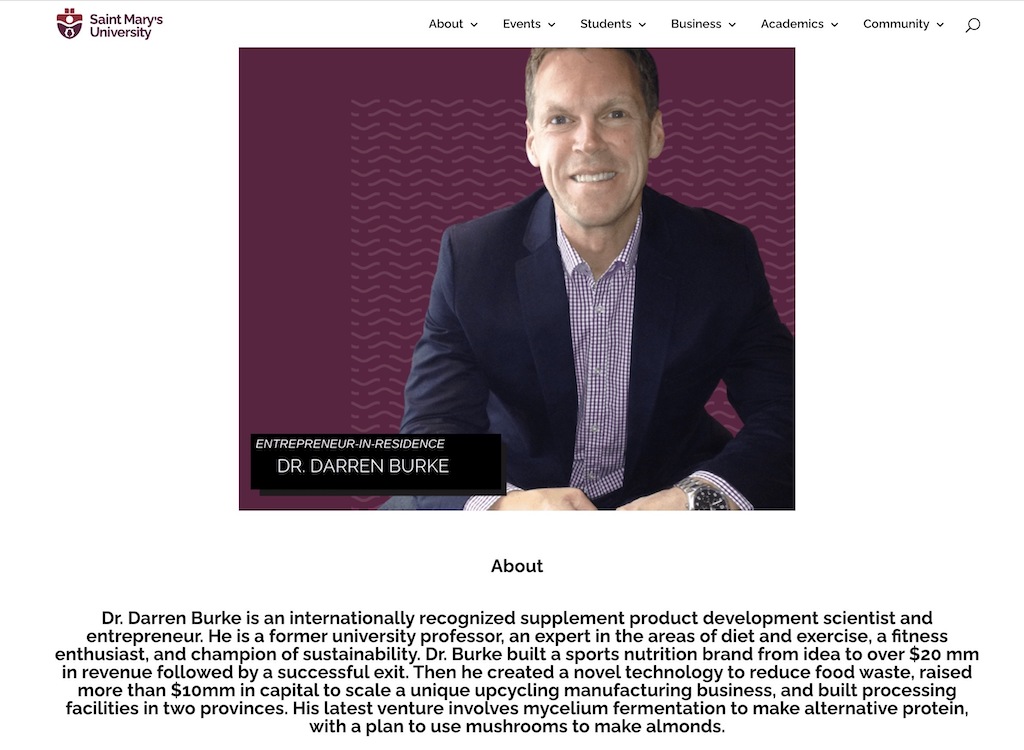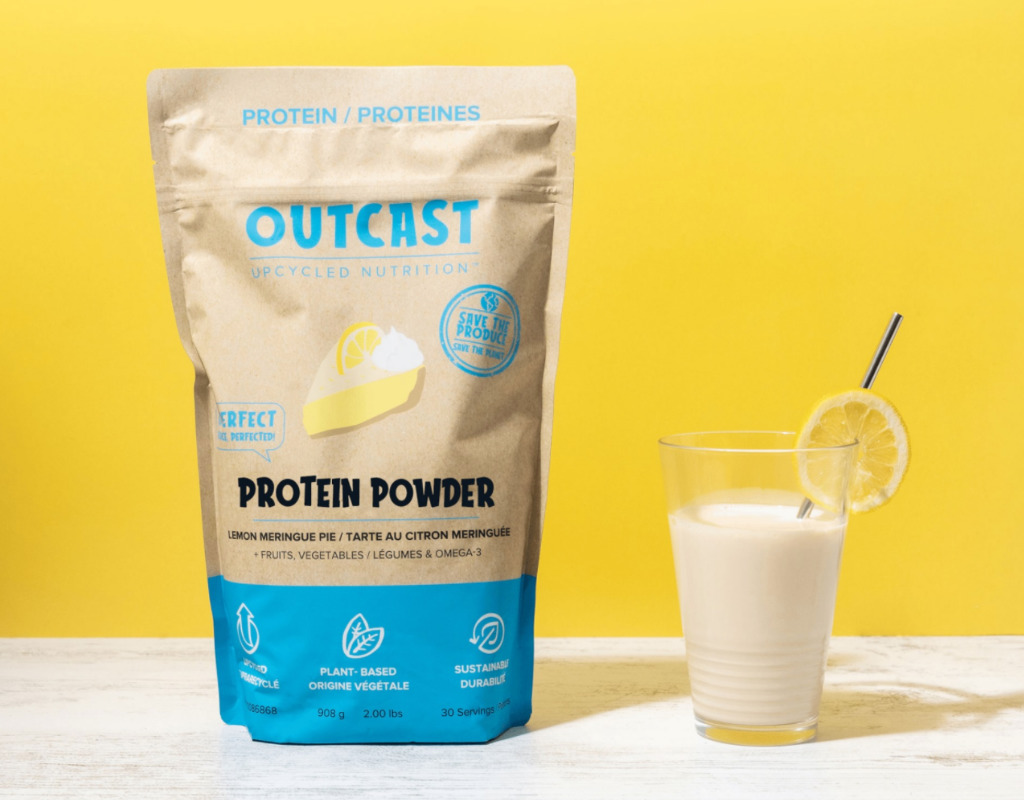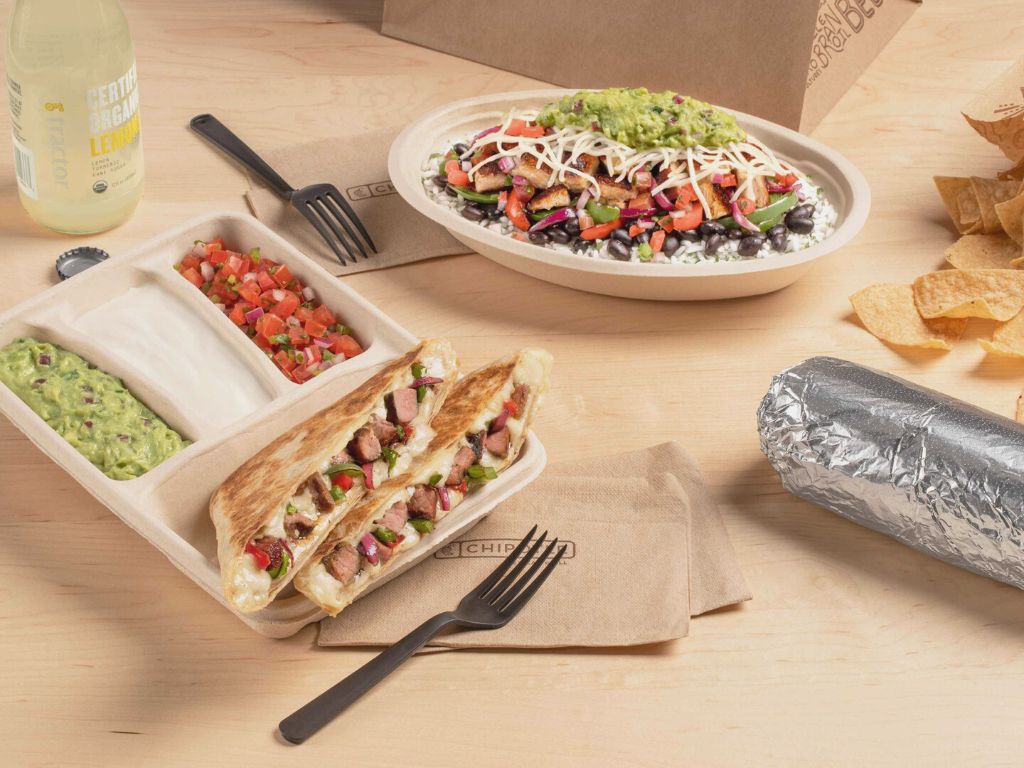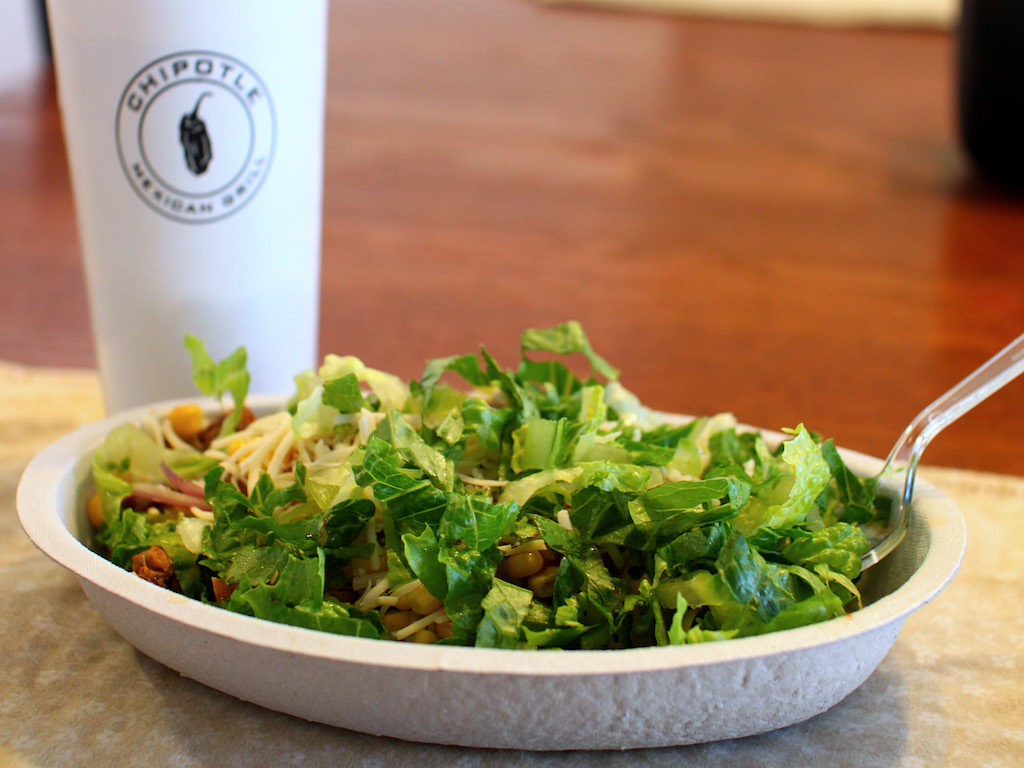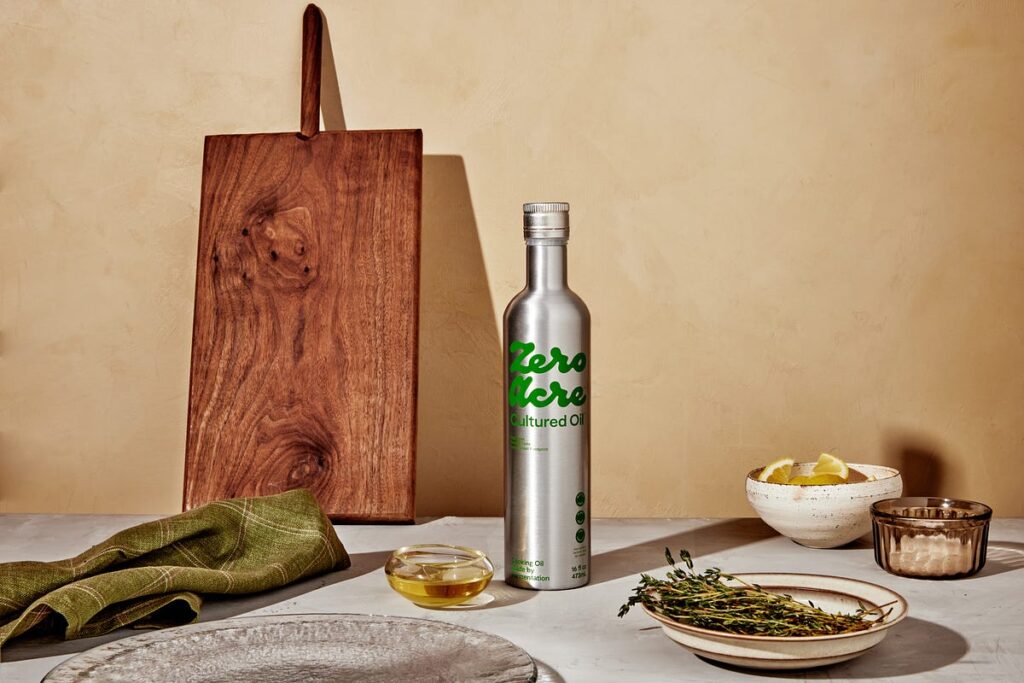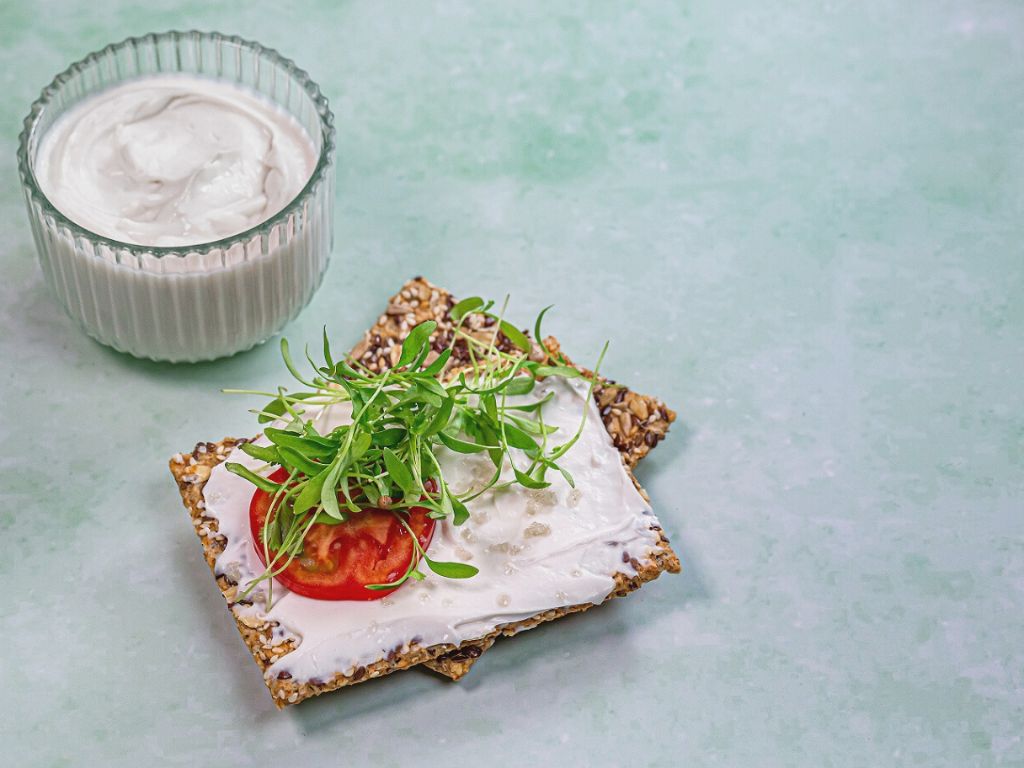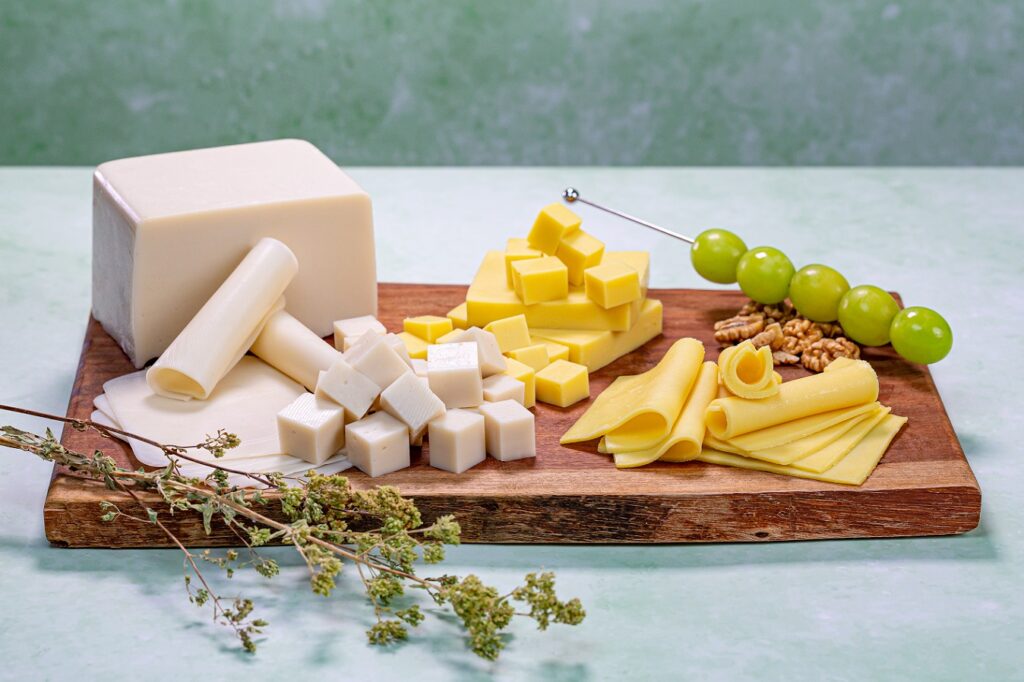9 Mins Read
By: Beatriz Franco, Managing Partner at Vita Vera Ventures, and Maya Benami, PhD, Advisor to Vita Vera Ventures & Technical/R&D Consultant.
Climate tech investors are missing out on a food technology solution with major GHG emissions-lowering potential, argue food tech experts Beatriz Franco and Maya Benami.
Current food production is not only a driver of climate change, but it is also a victim of climate change.
This means that, unfortunately, we cannot expect our food supply to continue at current levels. Combined with the added pressure of population growth, it is clear we will need to integrate emerging food technologies into our food supply system in order to support the demands of humanity, as well as the latter’s sustainability and resiliency.
Climate tech investing has significantly increased in the last few years, based both on the urgency for solutions as well as the clear business opportunities it offers. However, we continue to see that investors are not appropriately targeting technologies with the highest potential for reduction of greenhouse gas (GHG) emissions, and in the process, overlooking opportunities for both impact and returns.
PWC’s State of Climate Tech report notes that the food and agriculture sectors are tied to nearly a quarter of all global GHG emissions (some say up to 1/3 of emissions) but they received only 12% of global climate tech venture funding. Meanwhile, the mobility sector received almost 50% of global climate tech venture funding in 2022, yet is responsible for only 15% of global GHG emissions.
This is why we are shining a light on one fast-growing food technology sector that is still largely misunderstood, despite its immense potential: precision fermentation.
What is Precision Fermentation?
Fermentation itself is not new. Humans have been consuming fermented foods, such as cheese and alcohol, for centuries. They are made through traditional fermentation methods, where microorganisms, such as yeasts, transform sugars into an ingredient, new food, or beverage in order to remove toxins, increase shelf life, and/or improve taste and digestibility.
Precision fermentation is a more advanced form of fermentation. It turns microorganisms, like yeast and bacteria into ‘factories’ to produce specific end-products such as proteins, enzymes, fats, vitamins, flavors, or pigments. Those microorganisms are fed carbon-based compounds, such as sugars, and are engineered and optimized to produce replicas of an organic molecule, such as protein. Precision fermentation is already used in pharma for the production of compounds such as vaccines and insulin, and it is now being applied to food production as well.
In the past, insulin was harvested from cattle and pig organs. This process was highly inefficient at best, requiring tons of pig parts in order to obtain just a few ounces of purified insulin, not to mention that this non-human insulin ofte caused allergic reactions in many patients. Today, insulin is produced through precision fermentation by inserting the human insulin gene into a microbe and prompting it to produce human insulin.
As far as new food applications go, examples of exciting products in development or in production through precision fermentation include whey protein, casein to make cheese, palm oil alternatives, animal fat, collagen, and even breast milk proteins for infant formulas.
Seizing the Opportunity, Why the Disconnect?
With so many opportunities for impact and returns, why aren’t we seeing more generalist investors looking into food tech?
We believe one big challenge comes from the fact that it is becoming more complex to assess the opportunity given the evolution of new processing tech and biotech methods. Also, given its nascency, many companies are still in R&D and lab-scale phases, thus too early in their journey to offer revenue and customer metrics to analyze traction during investor diligence.
Can investors leverage the biomedical sector as a proxy during diligence?
Unfortunately, it’s not that simple. While some scientific aspects of pharmaceutical and biomedical diligence can offer comparative insight, other aspects can be quite different, especially when considering that the goal of food production is to make much larger quantities at much lower price points. Accordingly, business strategy as well as processing and equipment requirements can differ significantly.
Drugs created via precision fermentation for the pharmaceutical industry are grown in expensive highly controlled bioreactors that are suitable for the production of high-value, low-volume products.
The food industry, on the other hand, needs to create affordable, high-volume food compounds produced in food-grade conditions. This is why we are seeing so many new startups focused on building the infrastructure and enabling technologies around alternative foods, including built-for-purpose fermenters and bioreactors.
One other difference to highlight is on the regulatory side. The regulatory process for novel foods can be perceived as easier and faster when the primary goal is to demonstrate that the new food is substantially equivalent to an existing food. Biopharma, on the other hand, needs to go through the rigorous testing required for new medicines that are often administered to immune-compromised patients.
It is interesting to note that there are differences in the way scientists in these two industries approach their products. A cell biologist that works in the pharmaceutical industry will not be concerned (or necessarily understand) the nuances of what is needed to make a successful food product, which includes specific consideration of each sensory property, such as flavor, texture, and color, and using only food-grade reagents.
Starting from the ground up?
You might be thinking: is this new (old) tech a black box? Well, yes and no. Precision fermentation relies on living organisms and cells as part of its process. While biology is the oldest ‘technology’ in the world, so much is still not well understood, such as the mechanisms of cell communication and the complexities of cell organization.
That being said, humans have been successfully using biology for advancement long before understanding the science behind it. See: the birth of agriculture- we’ve grown crops and bred livestock for over 12,000 years.
These days, genetic screening, cell manipulation technologies, artificial intelligence, and machine learning greatly enhance our understanding of cell processes by pinpointing genetic sequences that are responsible for protein production pathways in a cell, just to take one example. So now scientists can use what we do know and build upon it to harness natural processes.
Using precision fermentation, we can leverage microorganisms to sustainably create a vast array of known and novel foods and ingredients, from meat, dairy, seafood, eggs and honey to specific flavors such as new sweeteners, taste enhancers, and much more.
The investors’ journey: important aspects to unpack during diligence
So what should an investor look for during diligence? While there are many angles to be evaluated such as market opportunity, team, competitive landscape, IP, and moat, among others, commercial traction is most likely not going to be available at this stage.
In order to address the intricacies of this nascent industry and its specific requirements, we unpack the key points that investors should take into consideration when performing diligence on a precision fermentation company.
Customer Validation
While it’s true that early-stage companies will have little to show in terms of revenues and customer traction, the next best thing to review is customer validation. Investors can and should talk to potential customers and validate that the product is actually solving a real need.
Some companies will have LOIs, initial partnerships and customer trials; they may even have surveys that can provide an indication of what a potential customer is thinking. That being said, a phone call with a potential customer in your network is still advisable, not only to understand how important that solution really is but also to evaluate their willingness to pay for such a solution.
Proof of Concept and Scalability Mindset
As mentioned, many companies in the precision fermentation space are currently at lab-scale/ R&D phase. In the very earliest stages (lab-scale, where most companies are), they will be creating prototypes and proofs-of-concept and producing a few grams to a few kilograms per batch and using fermenters under 20L and likely between 1L and 5L.
As they progress and move to pilot, demo, and commercial scale, quantities produced, and size of fermenters increase accordingly but one important thing that some investors forget, is that not all products are created equal. If a precision fermentation company is targeting products that represent a small percentage of the final food formulation, such a company will be able to go to market with a higher price point than one whose product makes up the bulk of the final food formulation, and therefore their path to a viable commercial scale is shorter. Investors should be aware that a viable commercial scale can vary in size significantly depending on the target product.
In all cases, investors should always look for founders with a “scalability mindset”. In other words, no matter how early a company is in its journey, founders should be thinking about scalability from the start. This is shown through each of their decisions during technology & process development. For example: Are they frontloading their cost analysis while building their process? Did decisions around inputs take into consideration availability and supply chain resiliency? Are they already planning for their equipment needs and establishing partnerships?
Scaling is one of the trickiest parts of the success of this industry. In addition to scaling up the technology itself and accurately forecasting budgeting needs, companies face an additional challenge: the bottleneck of little-to-no-fermenter availability, both from a co-manufacturing standpoint or direct purchase. Many fermenters available today are currently prioritized to produce high-value, lower volume pharmaceutical grade vaccines and drug compounds. Companies are purchasing biomedical infrastructure or fermenters from biofuel facilities or other industries and attempting to repurpose them, which is far from ideal.
However, we expect and hope to see a positive change in this space in the near future given not only the surge of new companies tackling this problem but also the increasing interest shown by governments around the world through regulation and potential investments targeting the development of the industry.
Process Feasibility, Efficiency & Optimization
This is an important part of diligence: investors need to dig in and understand where the company’s process is at and how efficient both the upstream and downstream processes are. A critical aspect here is to ascertain how much final product you get at the end of the process and how long that takes from start to finish. This involves getting at how much product the microorganism secretes, how fast, and how much product is recovered after purification.
Investors should not only be clear about where a company is today, but also where it’s going tomorrow and when it will be profitable, which is why reviewing its optimization plans and efficiency targets is vital, much like they would financial projections. All assumptions embedded in these plans should be checked to ensure they are realistic and reasonable.
It’s Time to Seize the Opportunity
Not a day goes by without media headlines reminding us of the consequences of the climate crisis. Now is the time to focus on technologies that can solve for these, particularly as they affect our global food system, and investors should be prioritizing solutions that can reduce the most GHG emissions.
We have no doubt that precision fermentation will, together with other emerging food technologies, be a much-needed part of the answer to building a more resilient food system.
And here is the proverbial cherry on top: there is real money to be made by investors. Climate tech is not only our biggest hope in the fight against climate change, but it is also simply good business. As it stands, the global food market represents a not insignificant 10% of the world’s GDP, and with a growing population to feed, demand will only increase.
Startups that can offer good substitutes for foods whose current emissions costs is too high for our future world to bear (i.e. meat, dairy, eggs) at the right price and with a lower carbon footprint will undoubtedly find success- and those companies who can do so at a higher quality and a lower price will knock it out of the park. It’s time to invest in the future of food.
Beatriz Franco is a Managing Partner at Vita Vera Ventures, a Climate Tech fund investing in vital innovations advancing the resiliency, efficiency and sustainability of the food industry.
Maya Benami, PhD is an author and R&D consultant specializing in cellular agriculture, fermentation, microbiology, plant biochemistry, and environmental sustainability. She advises venture capitalists, start-ups, and global food and beverage firms on R&D, due diligence, and product development.
An earlier version of this article was previously published on Medium.
The post Overlooked and Underfunded: Are Climate Tech Investors Missing Out On Precision Fermentation? appeared first on Green Queen.
